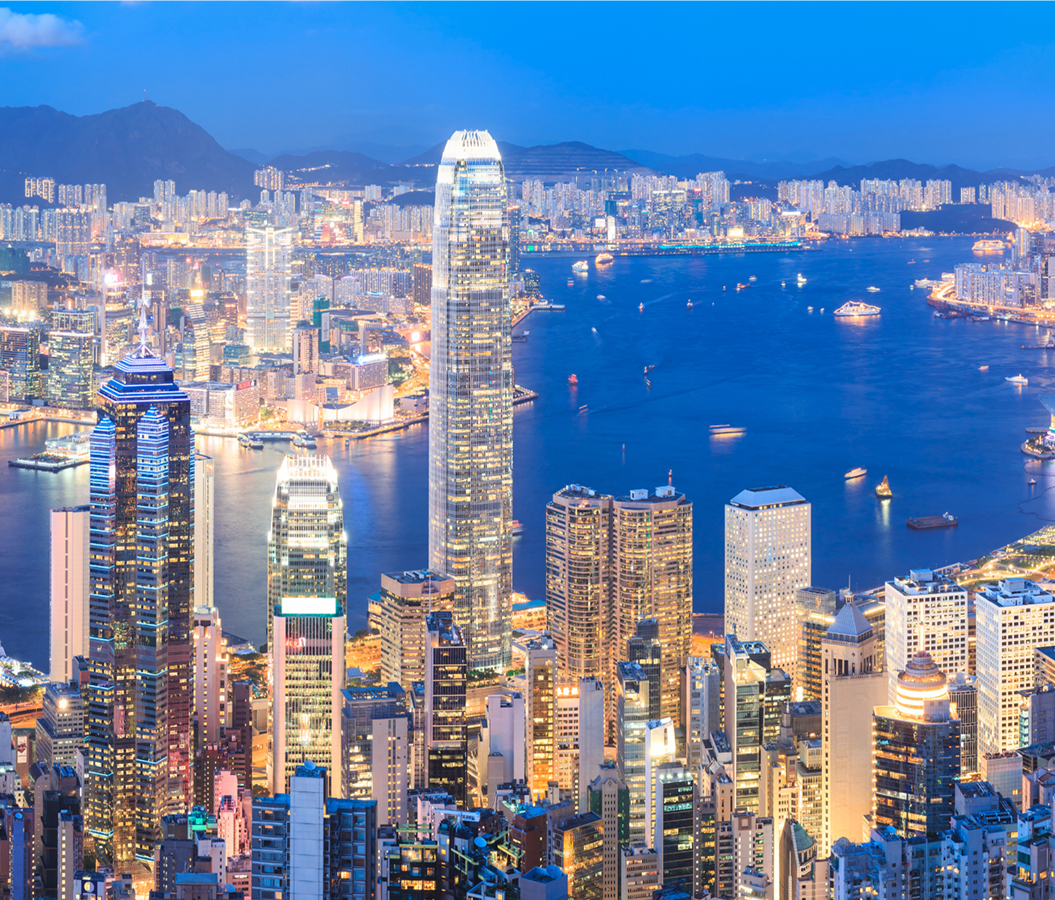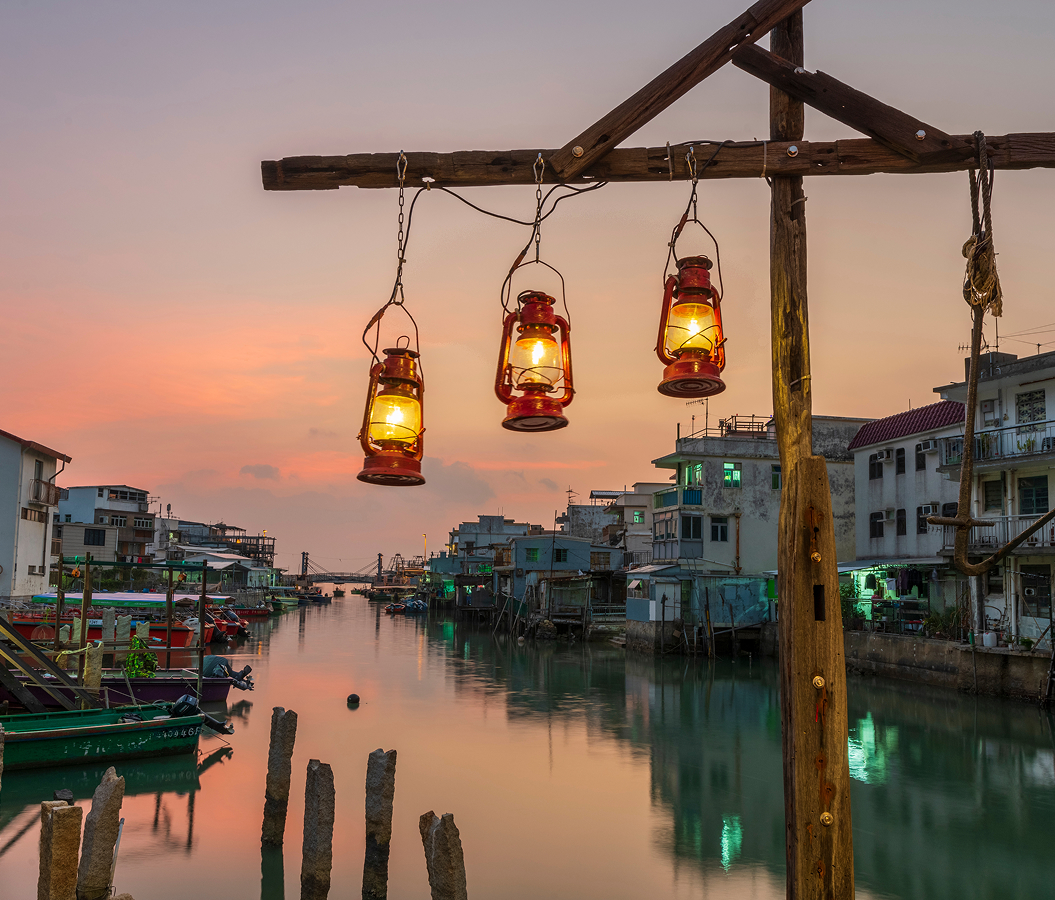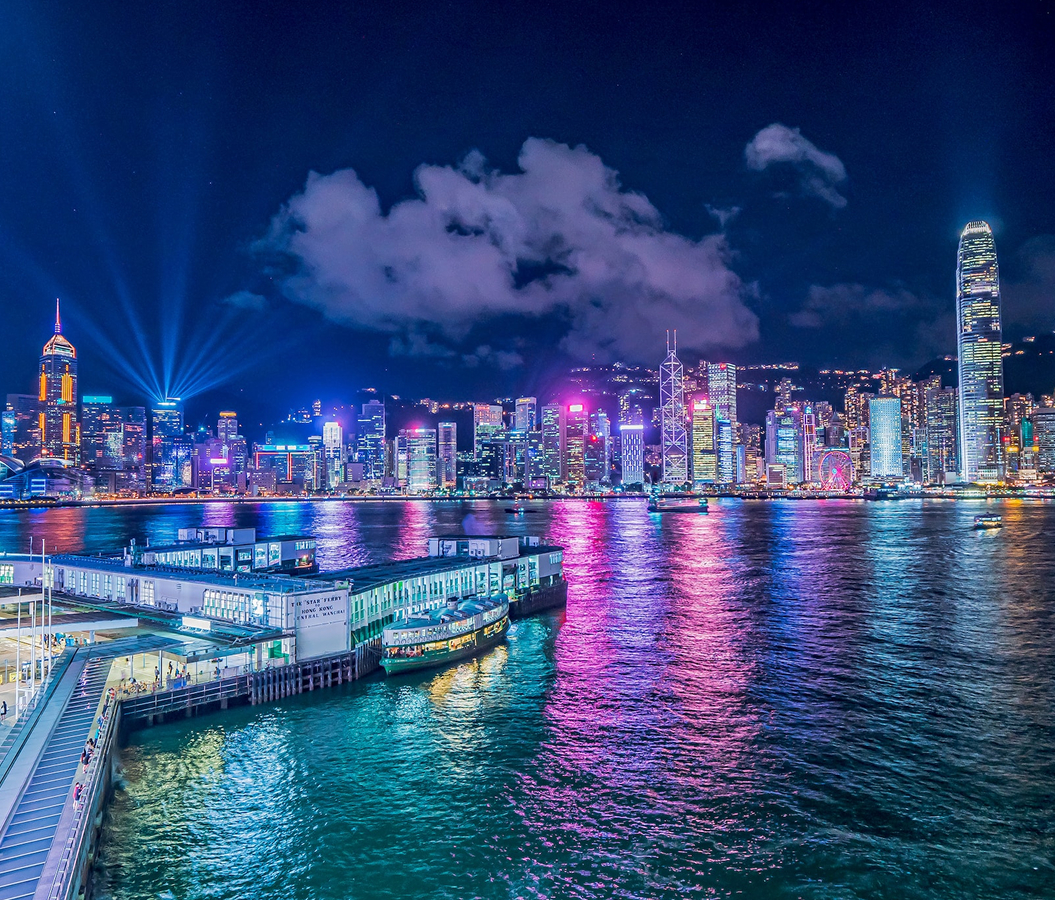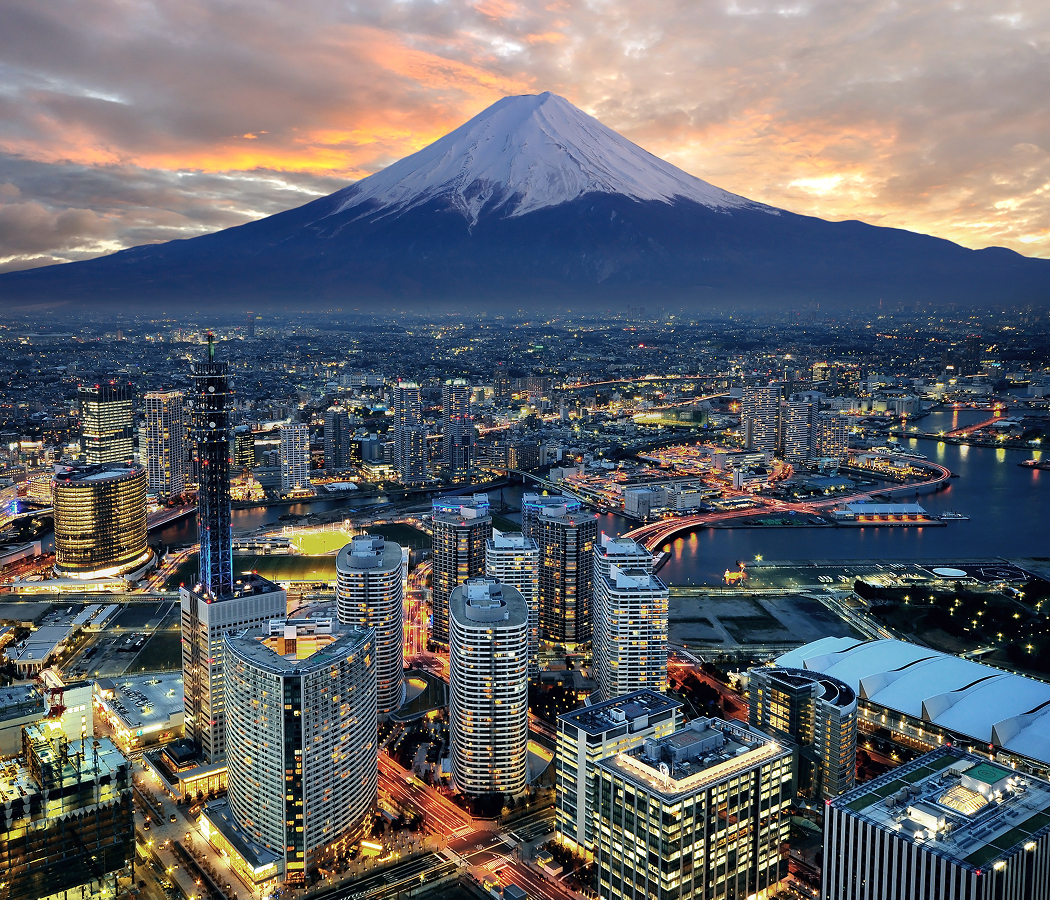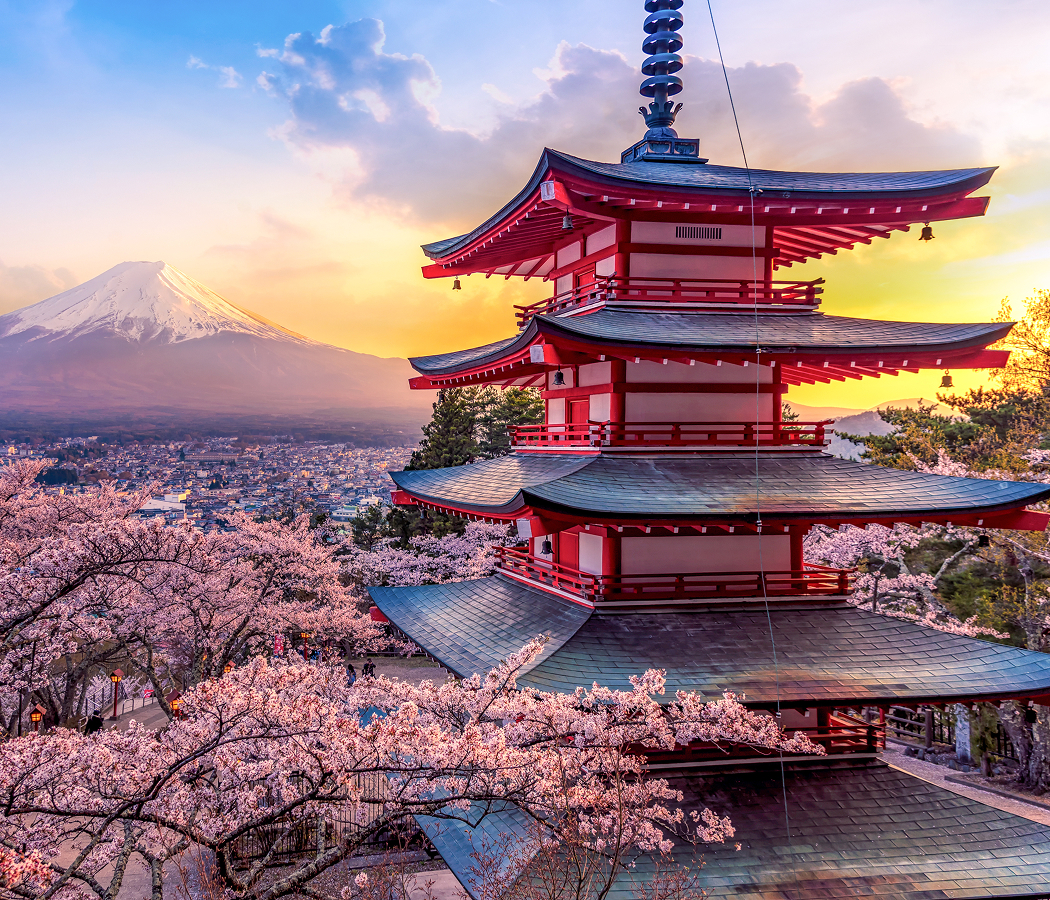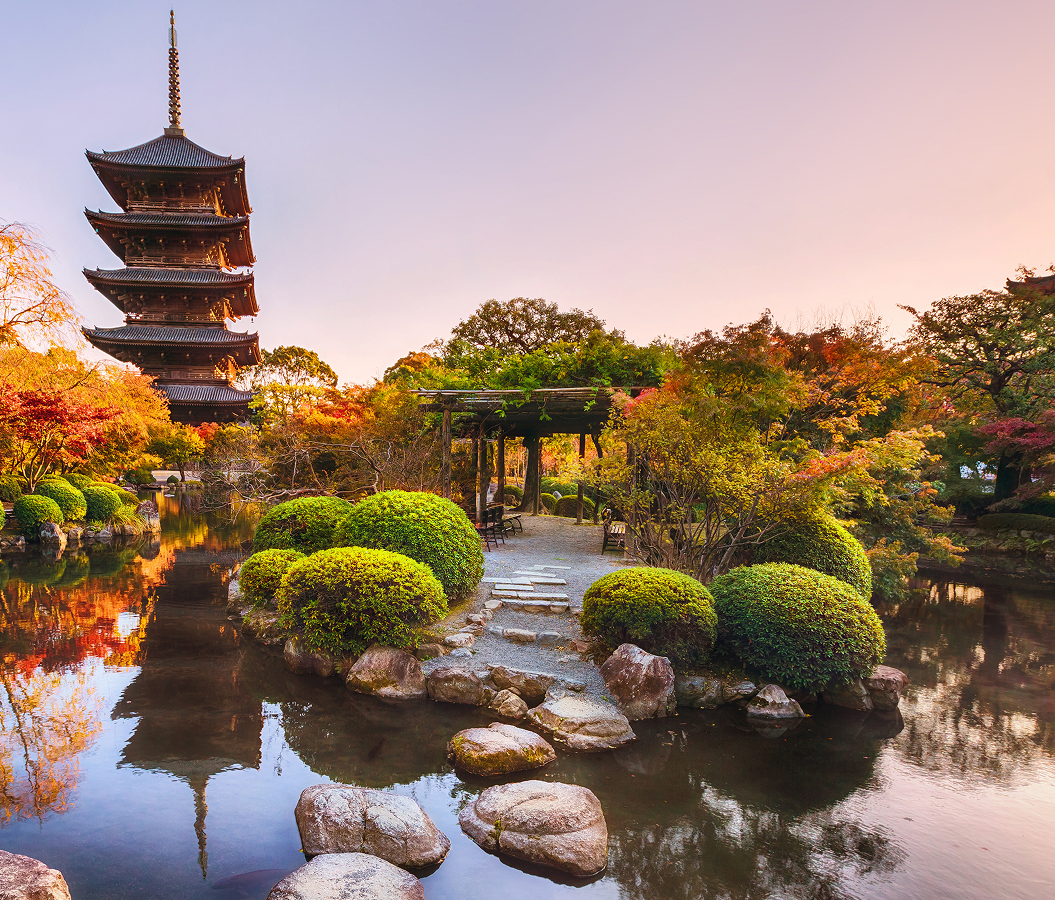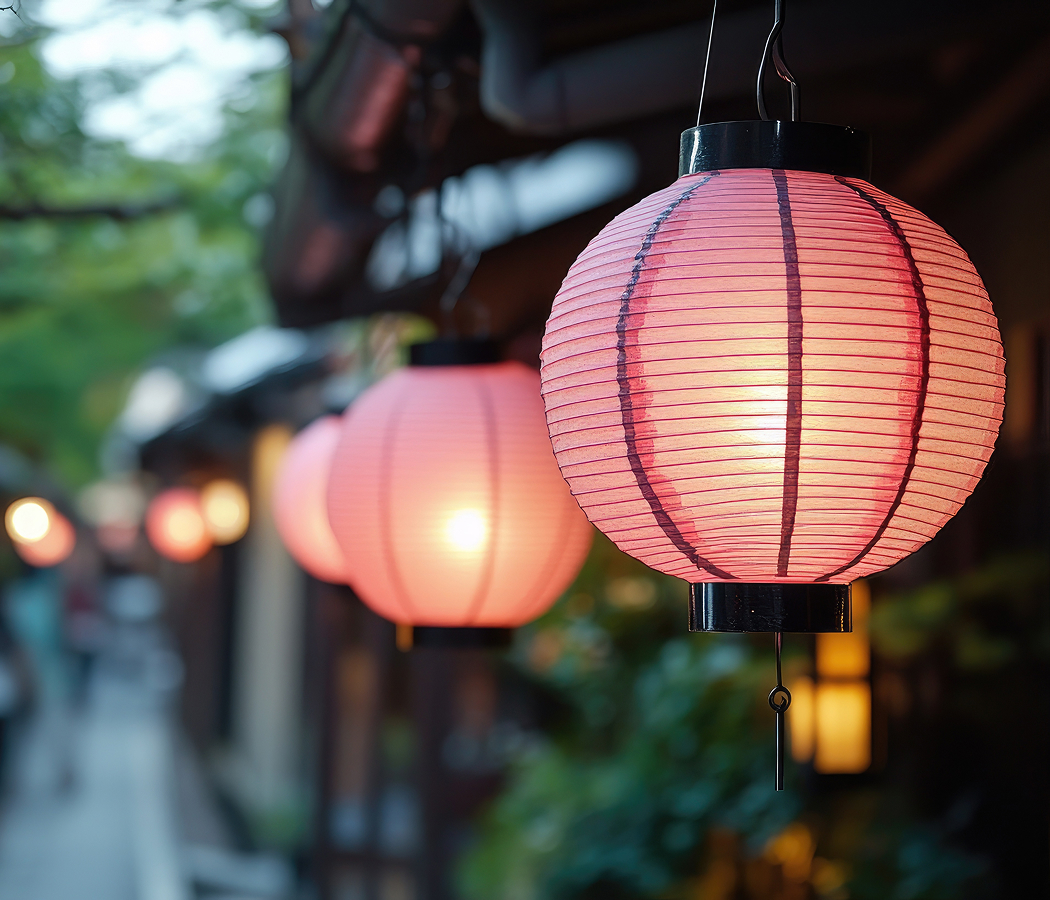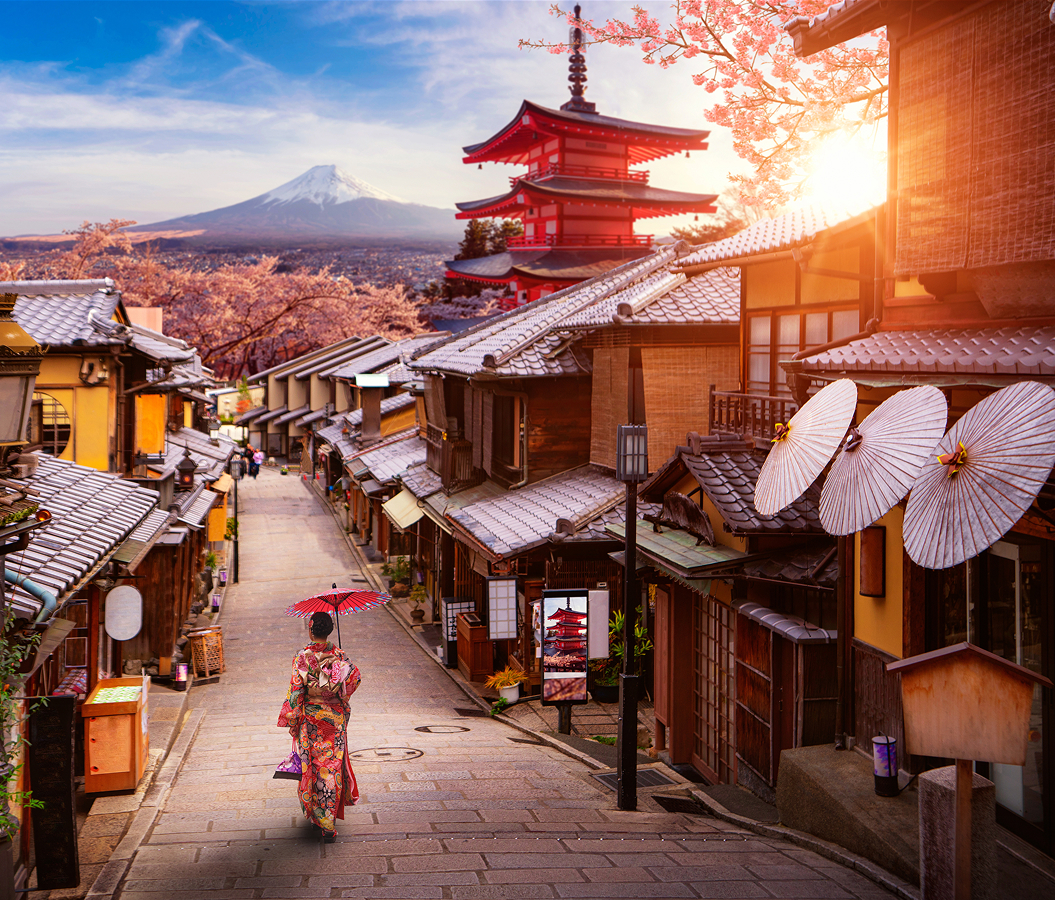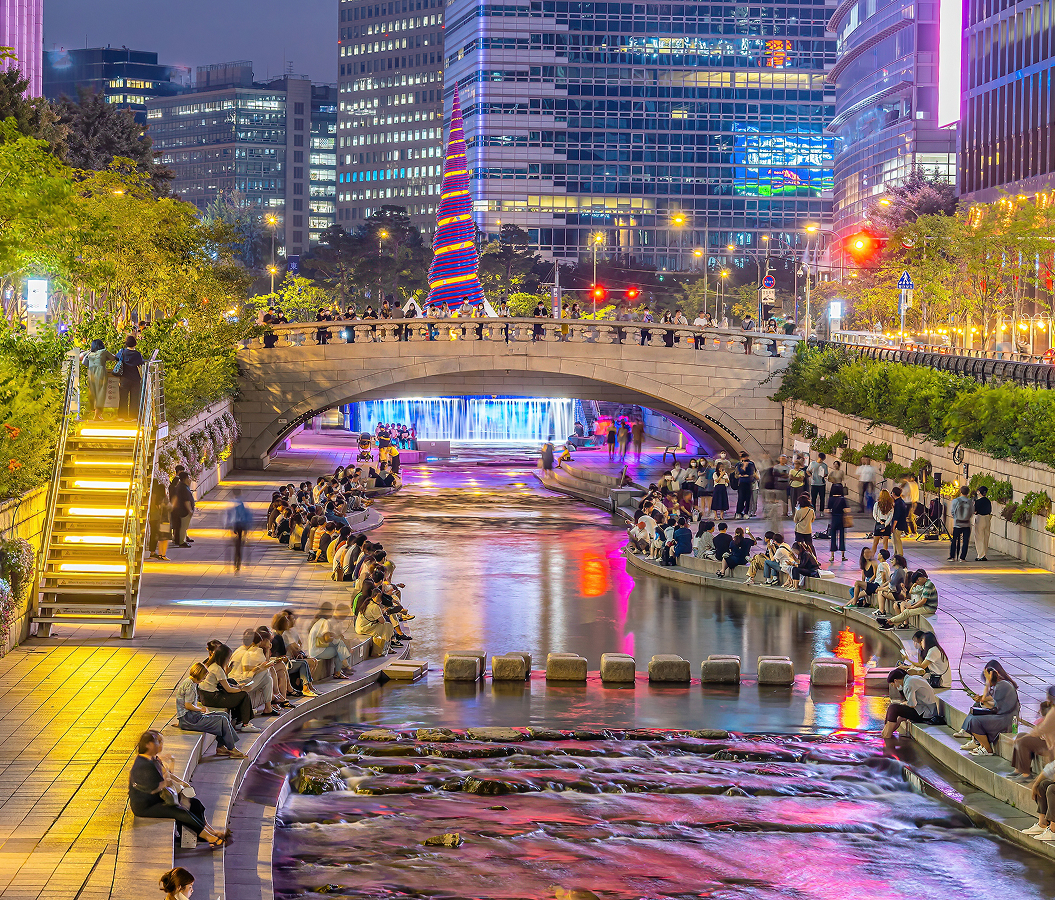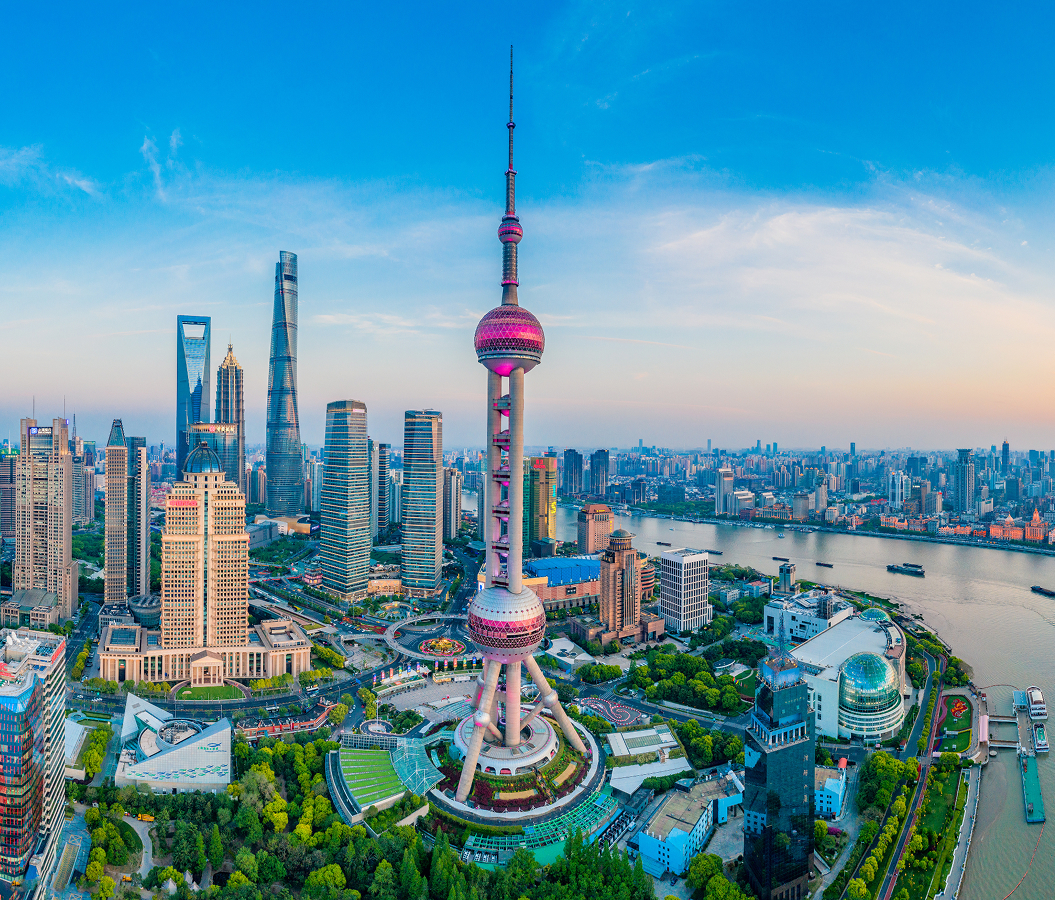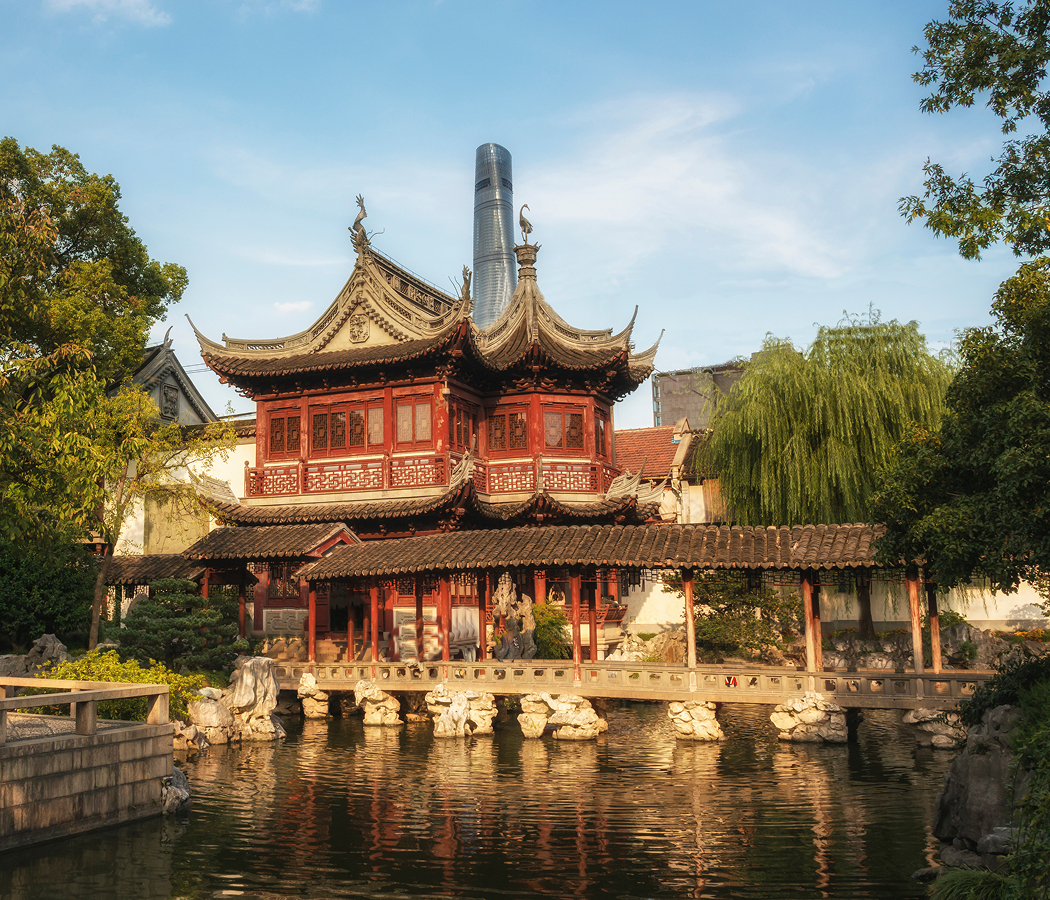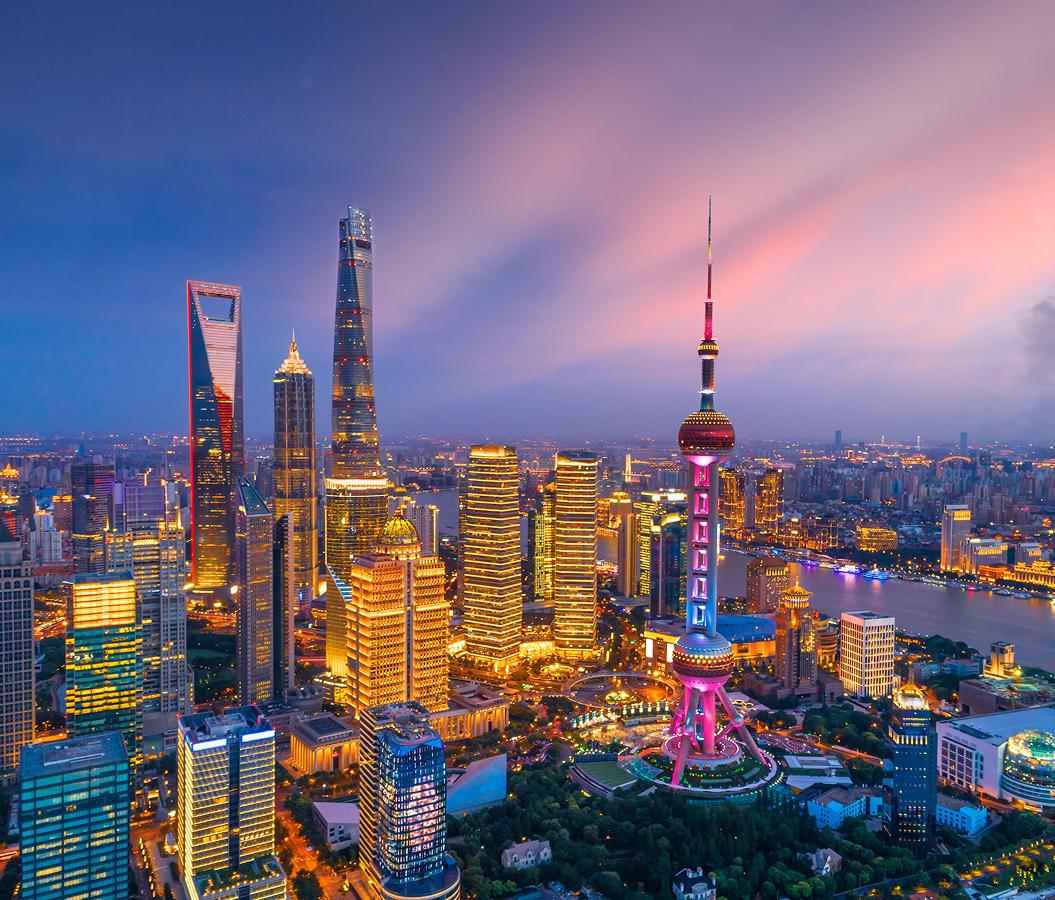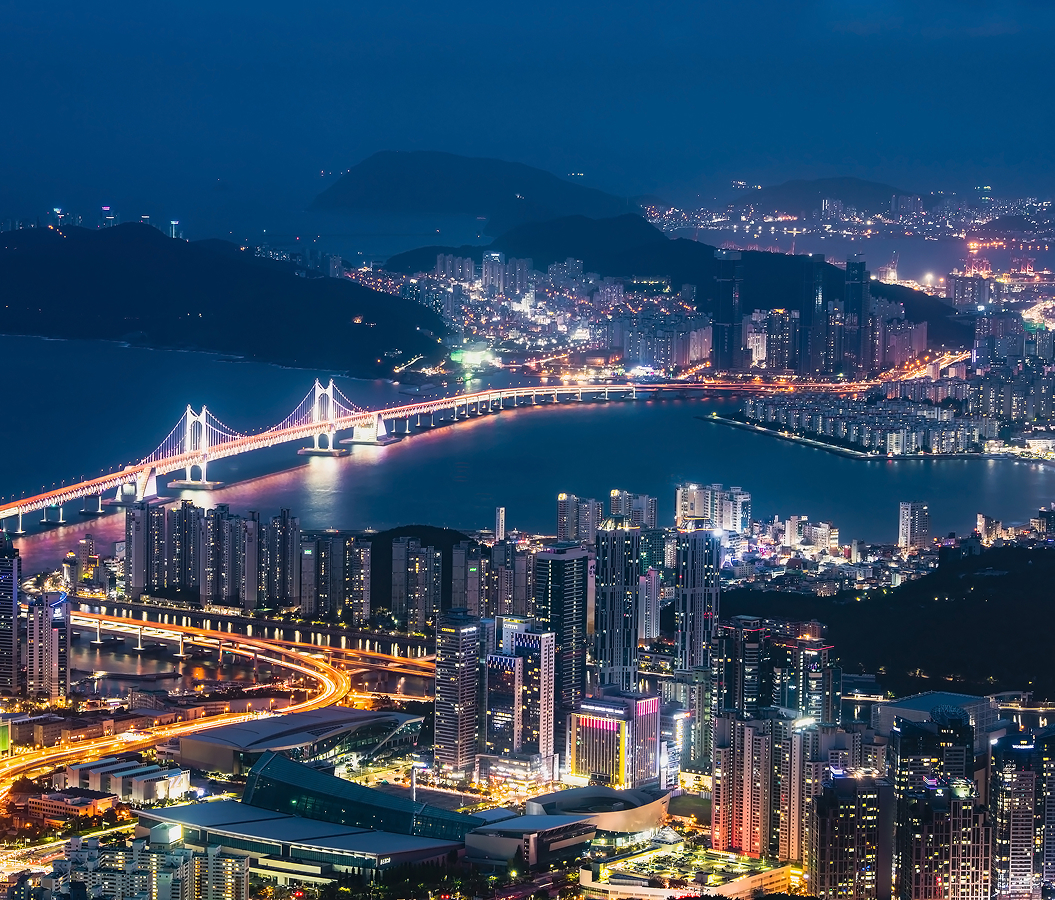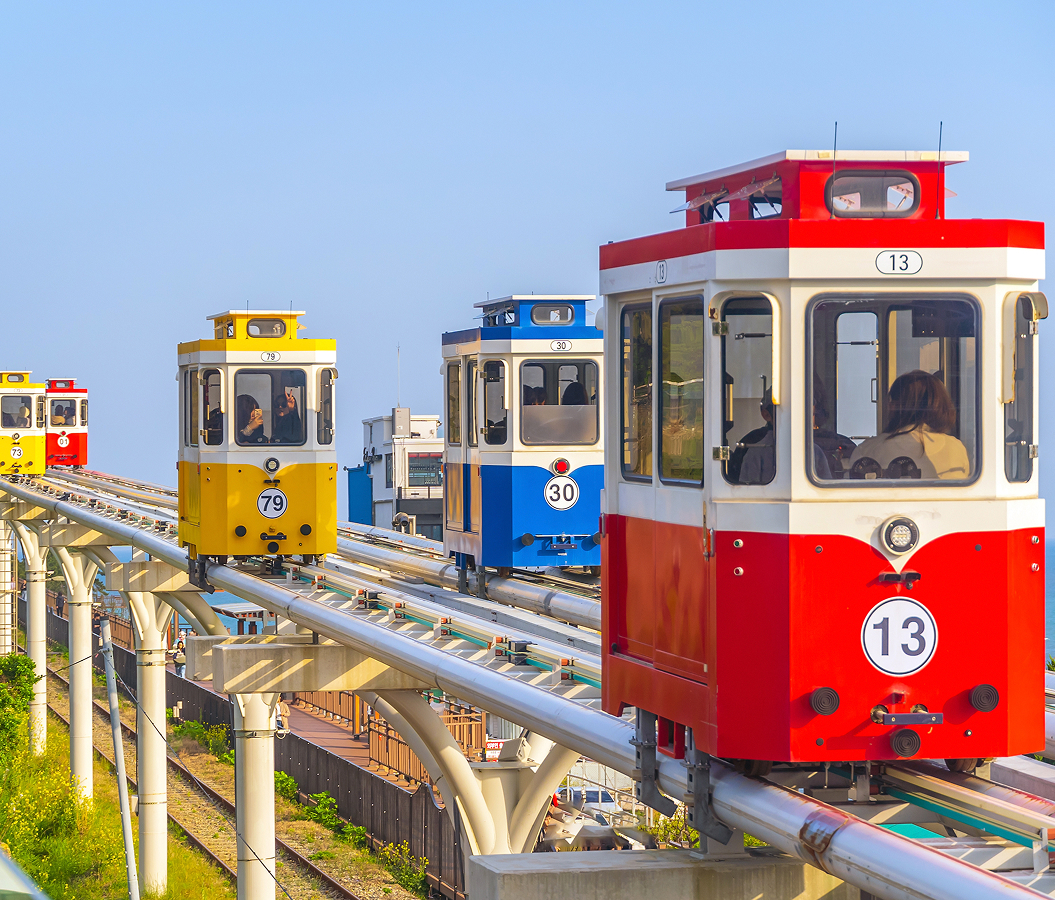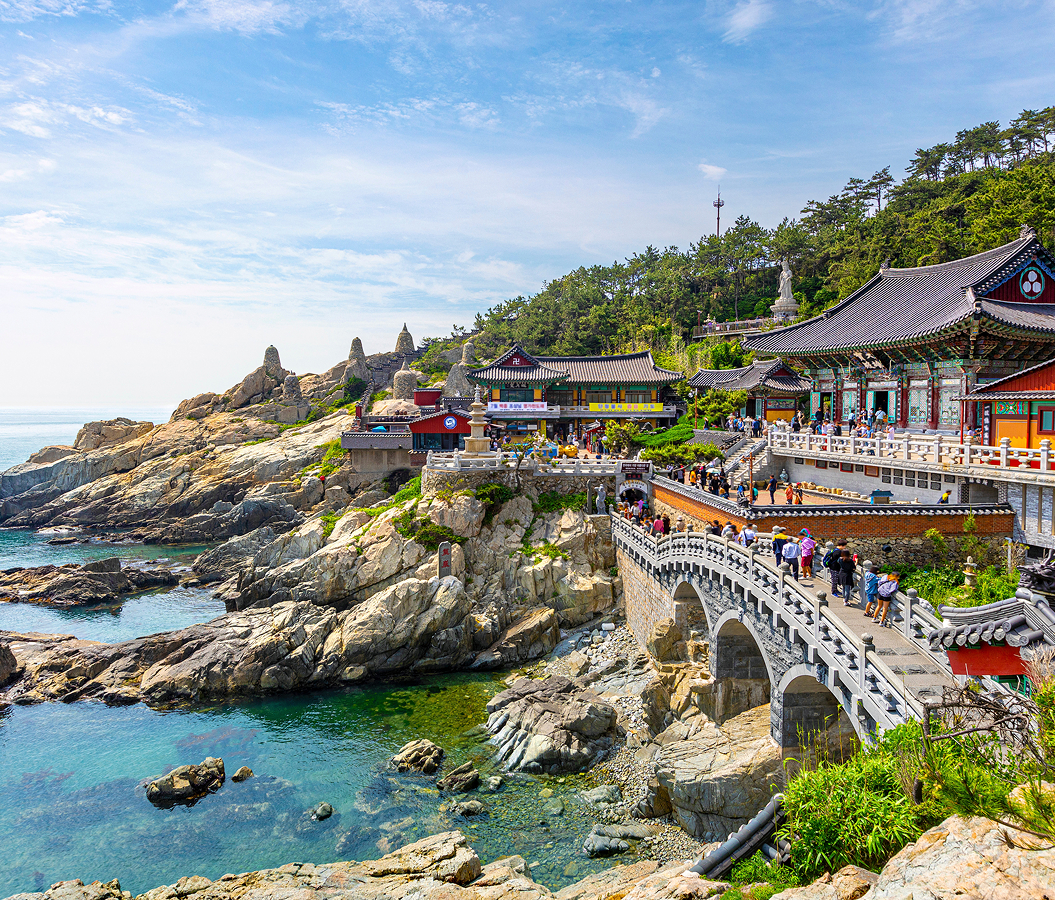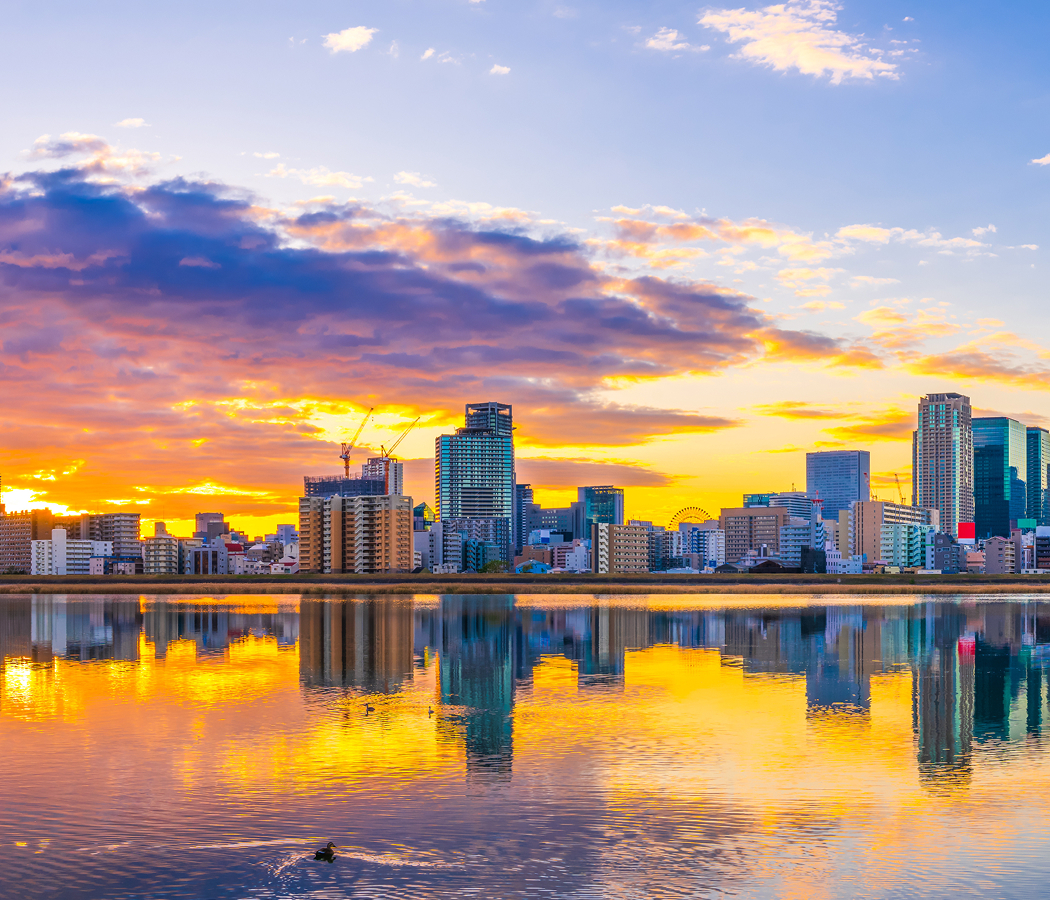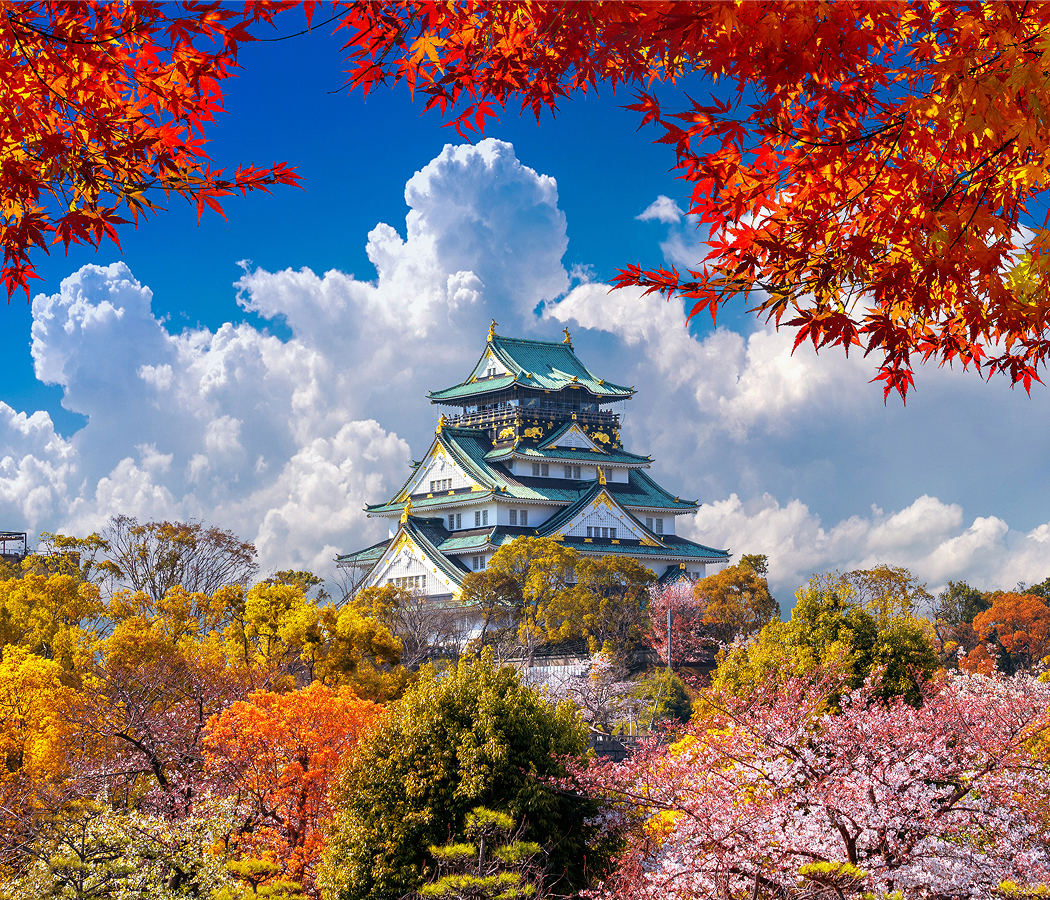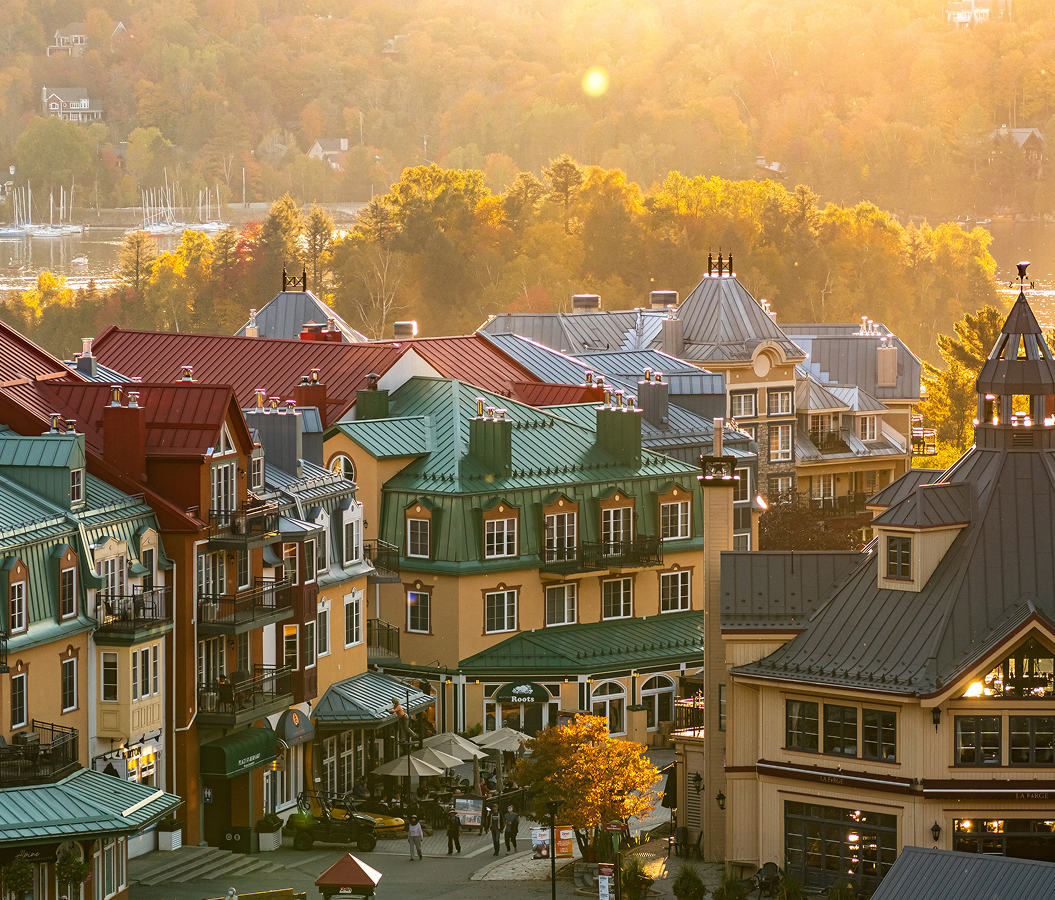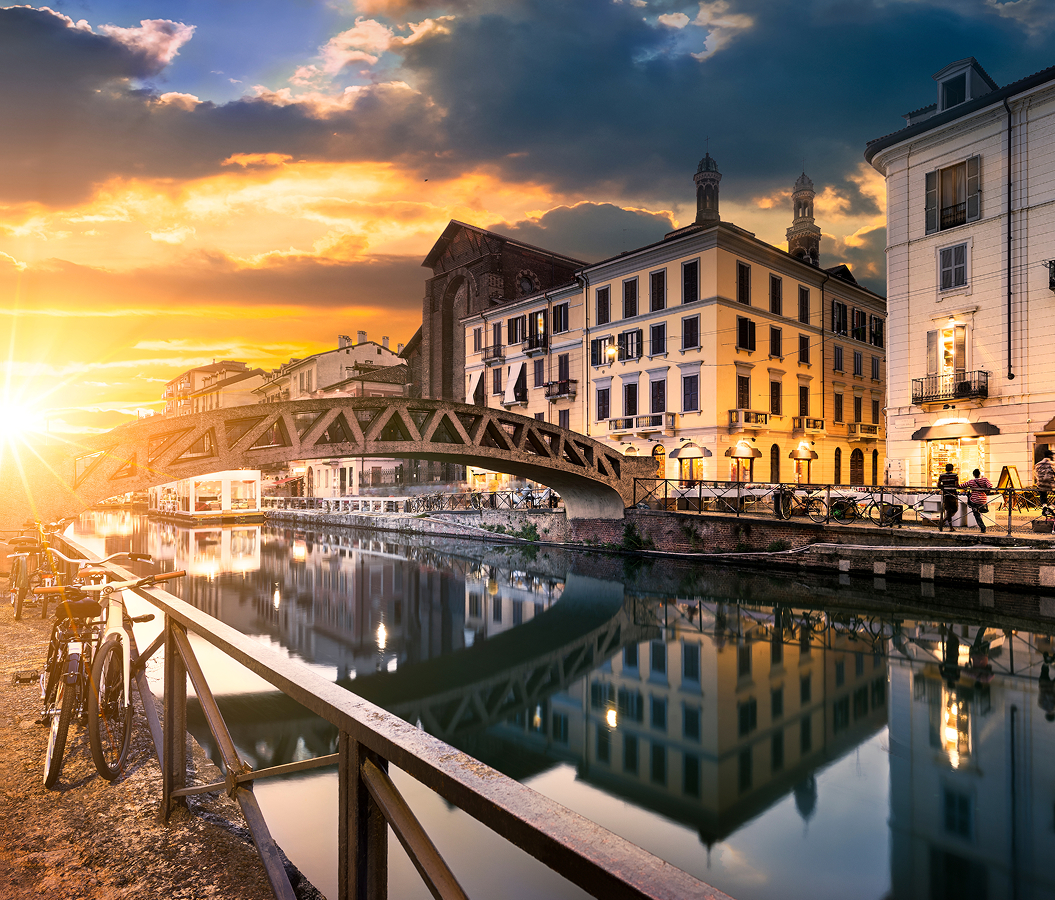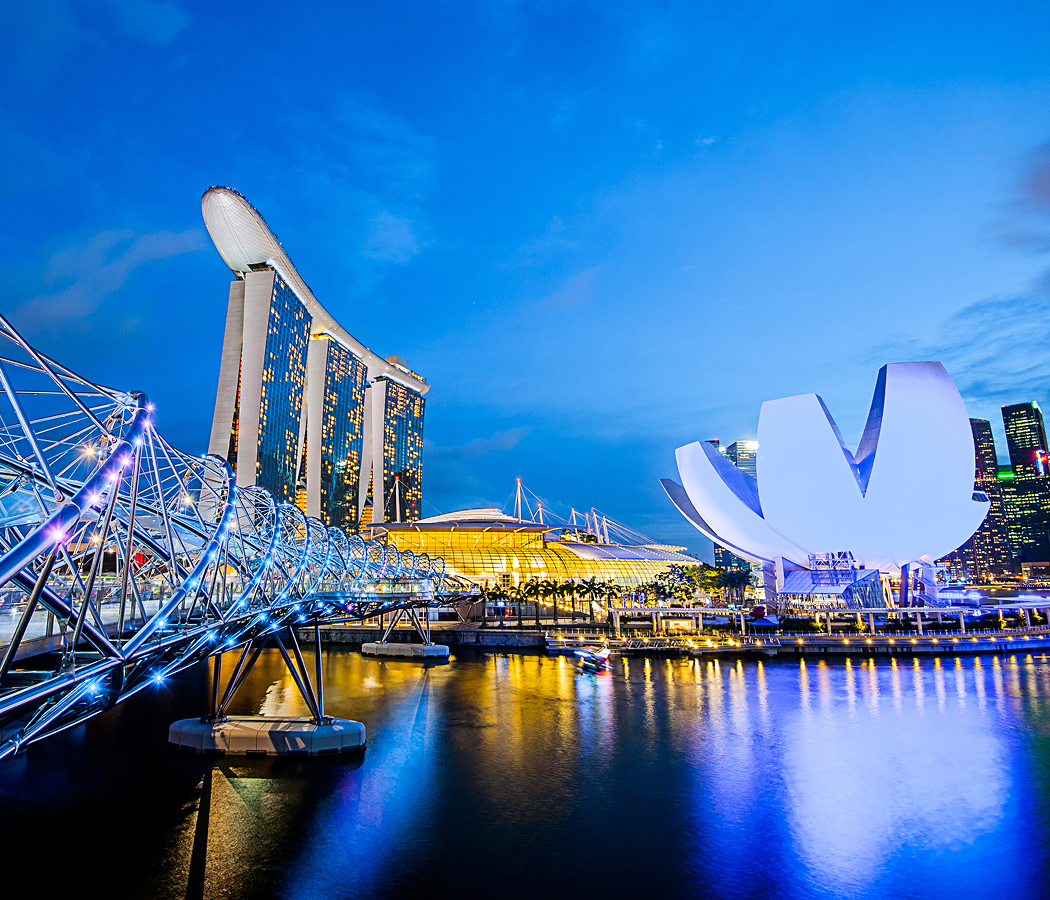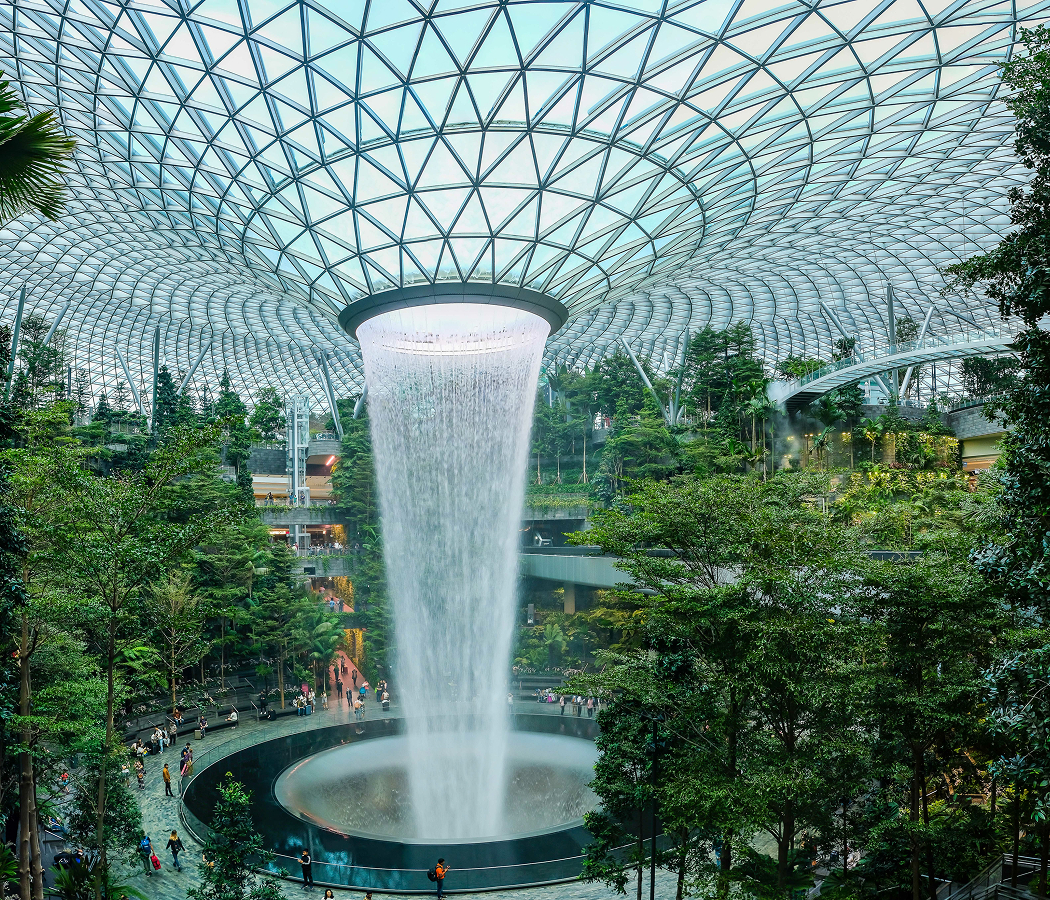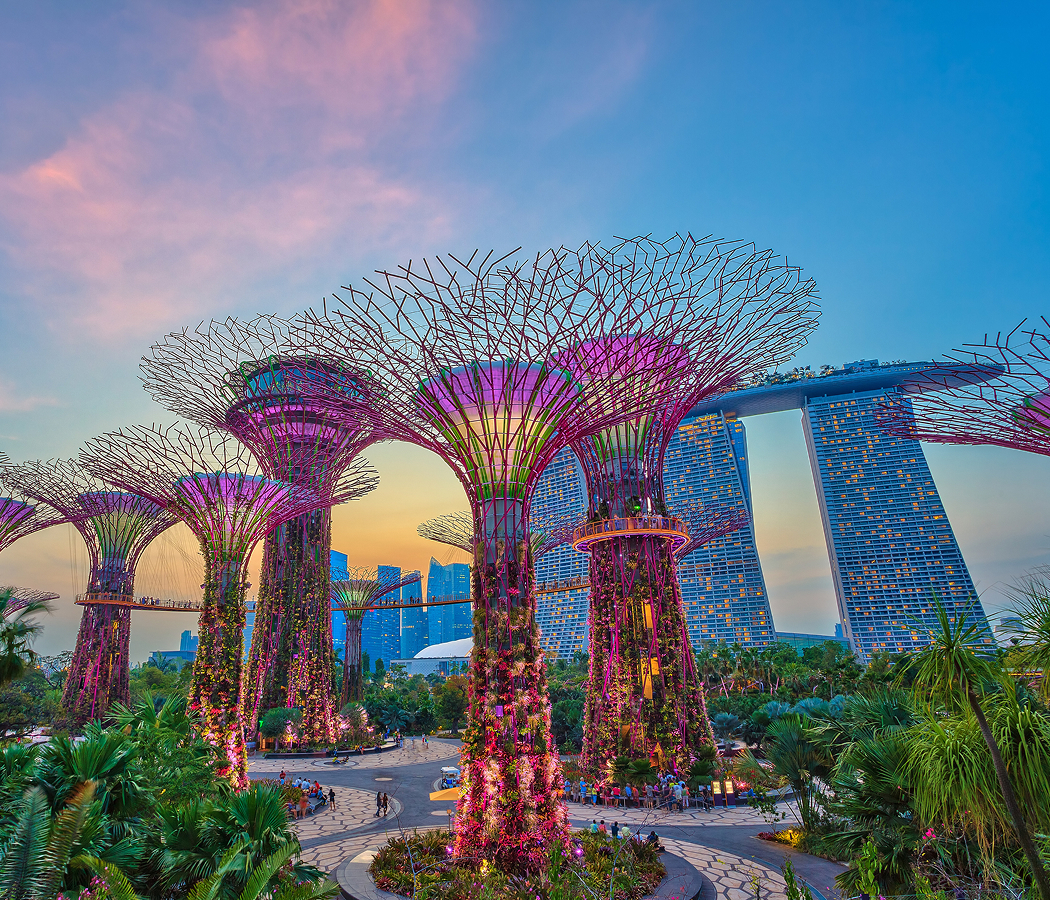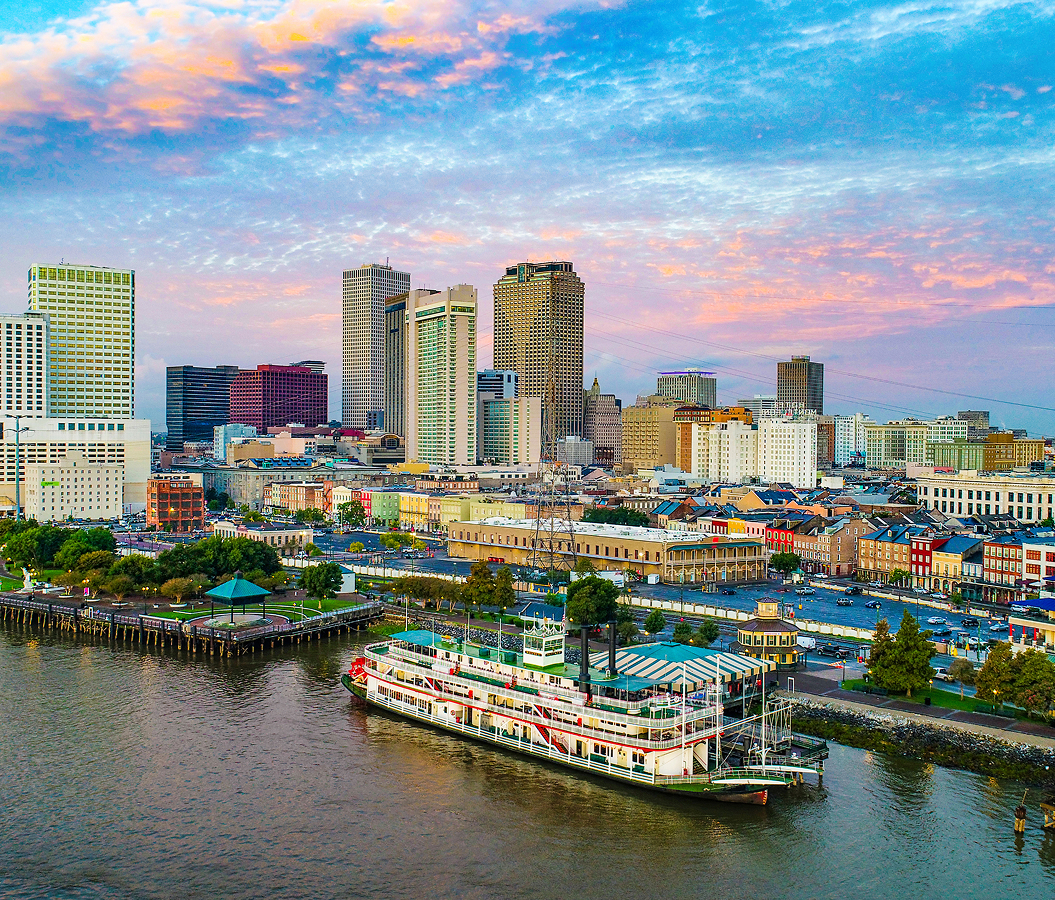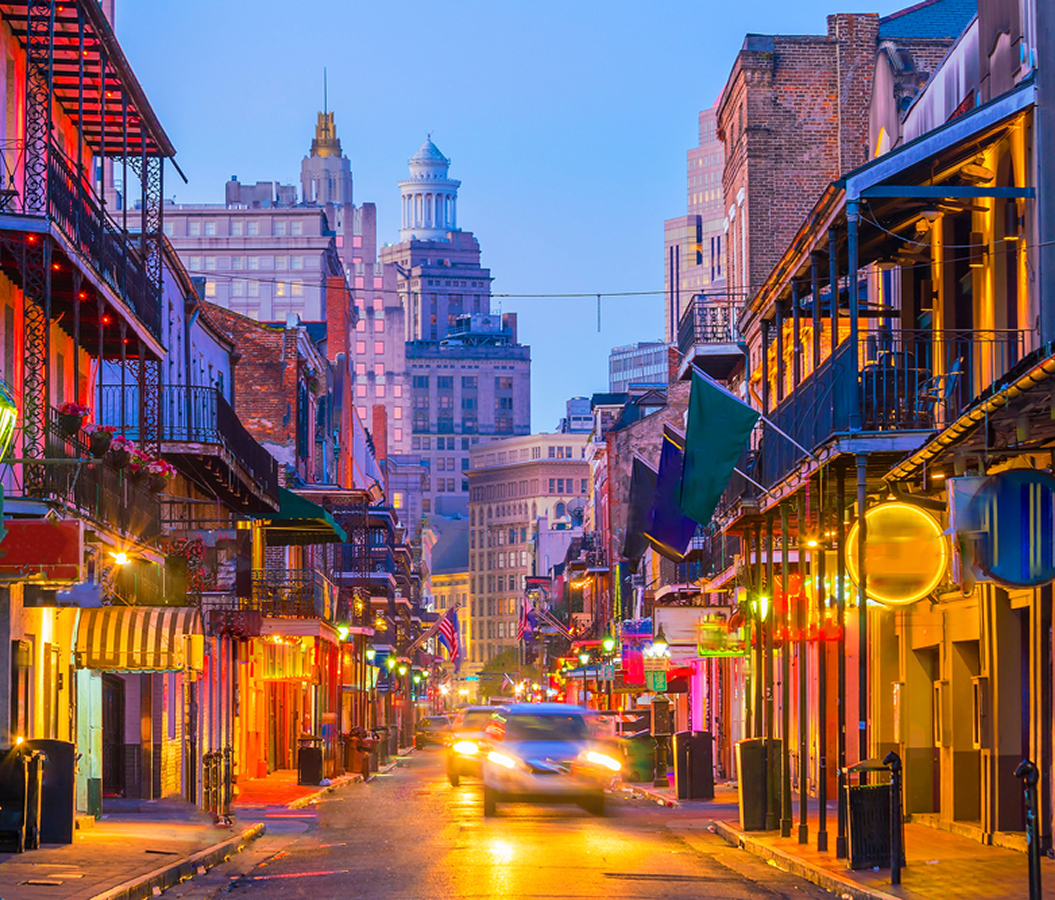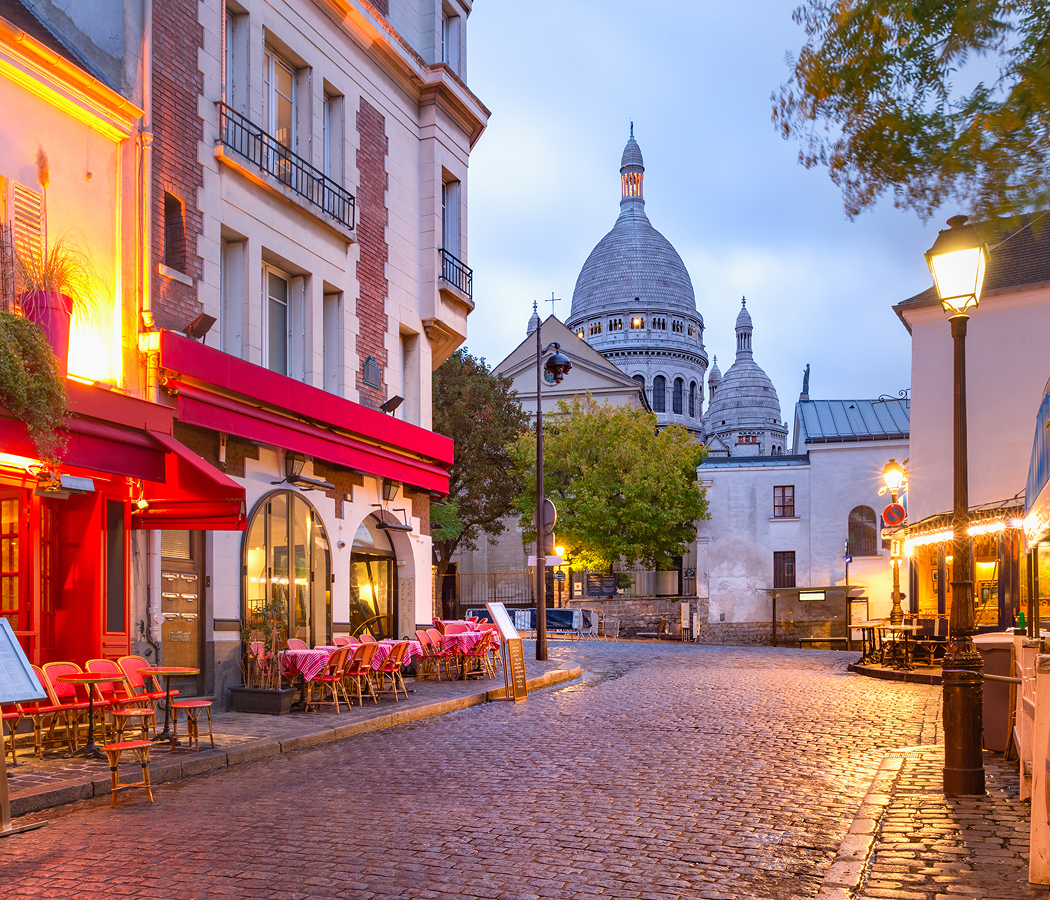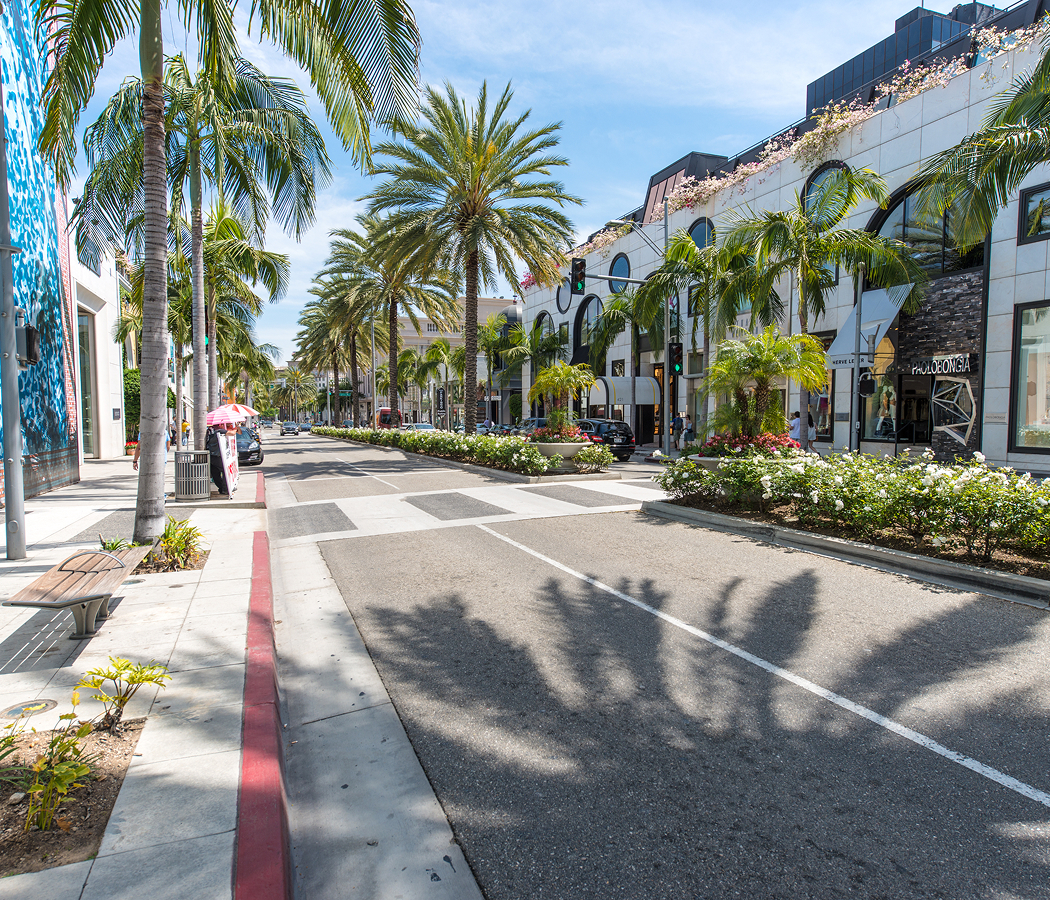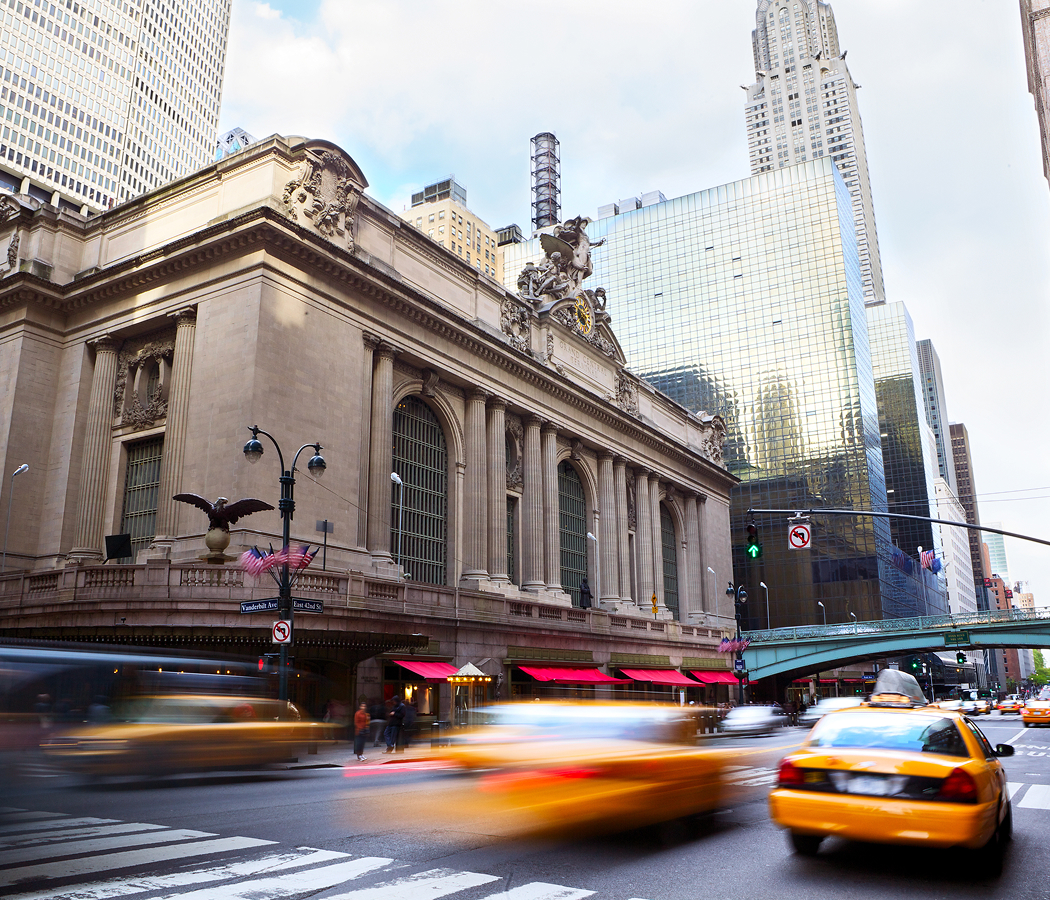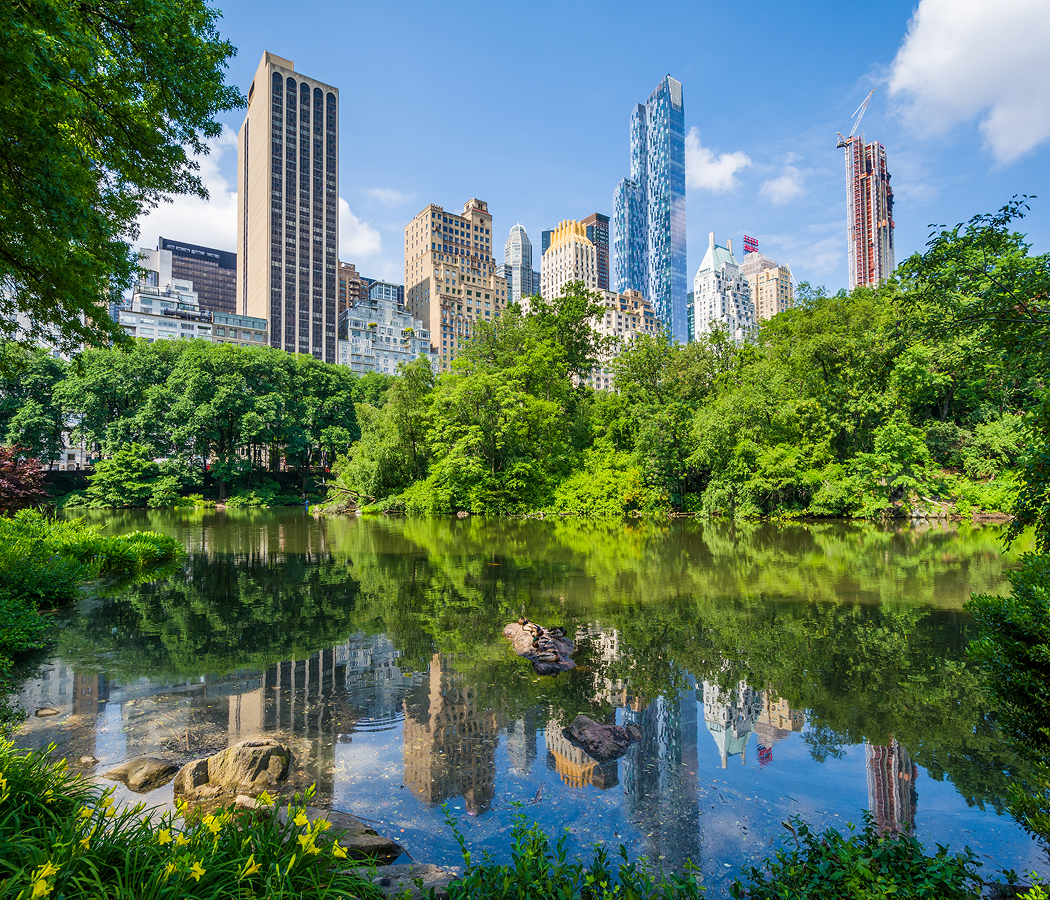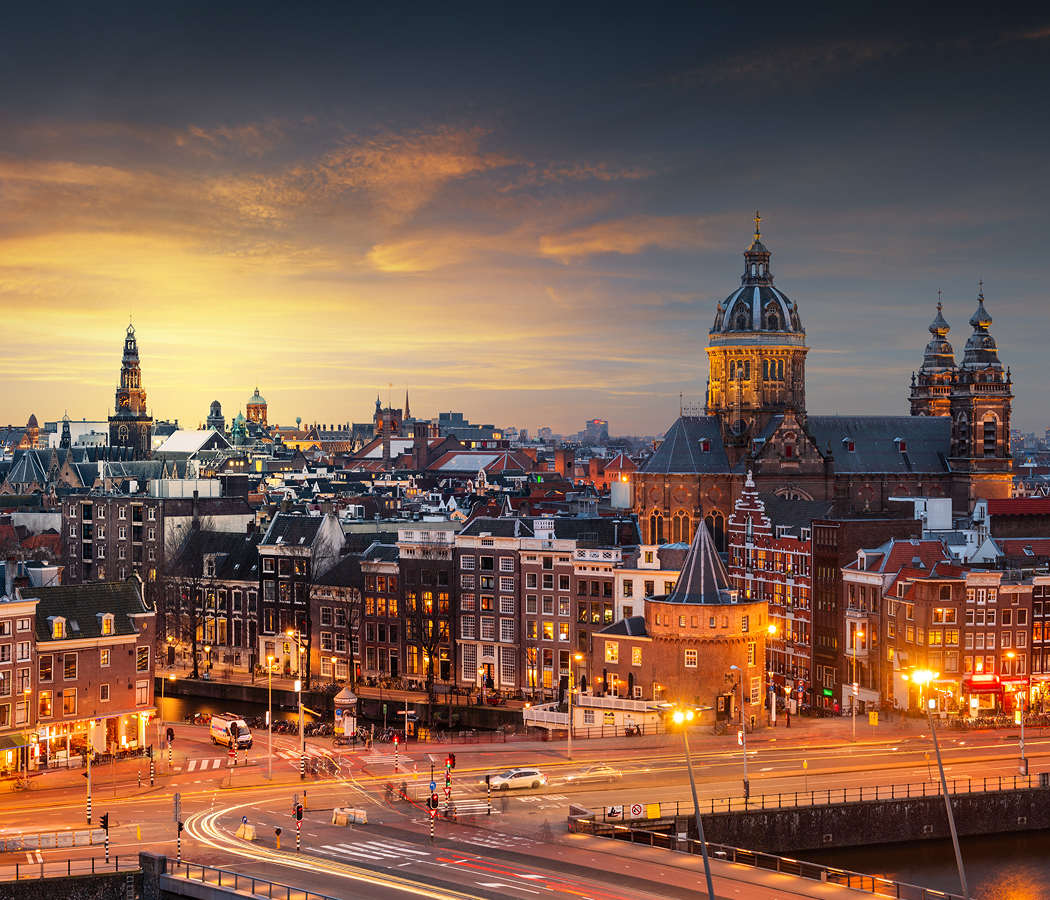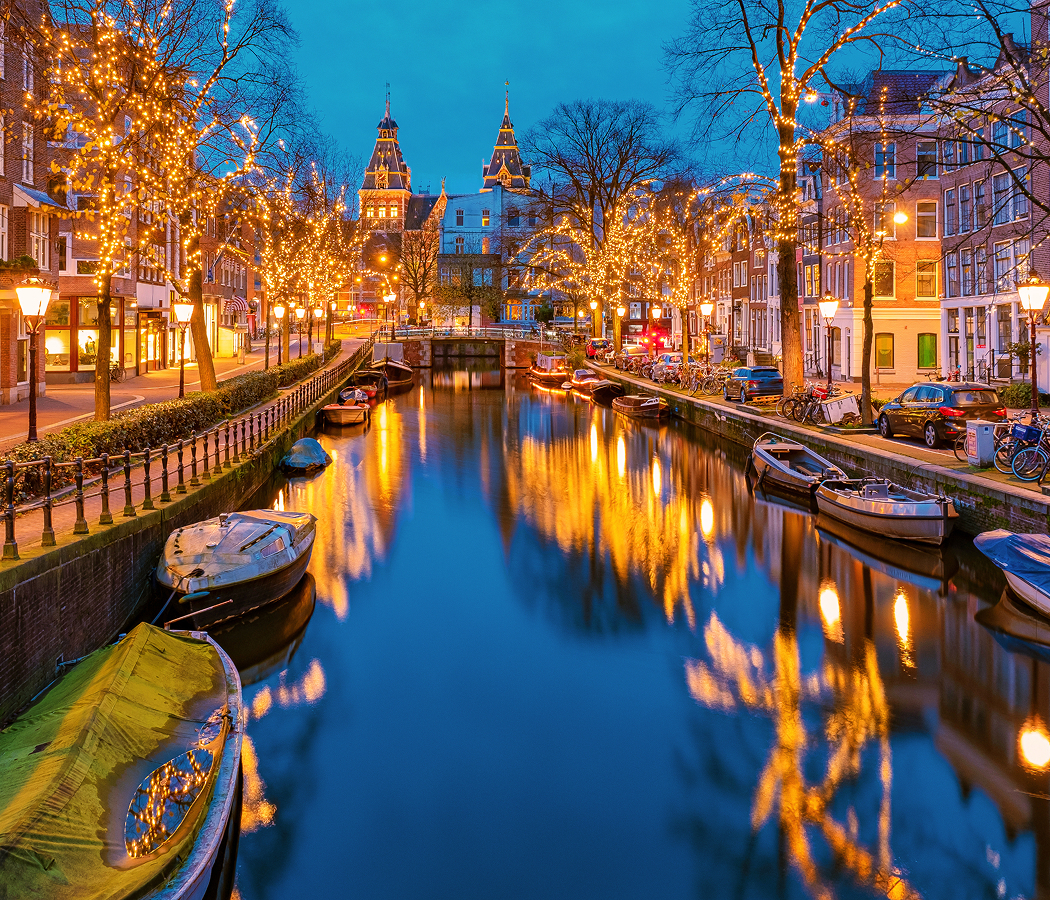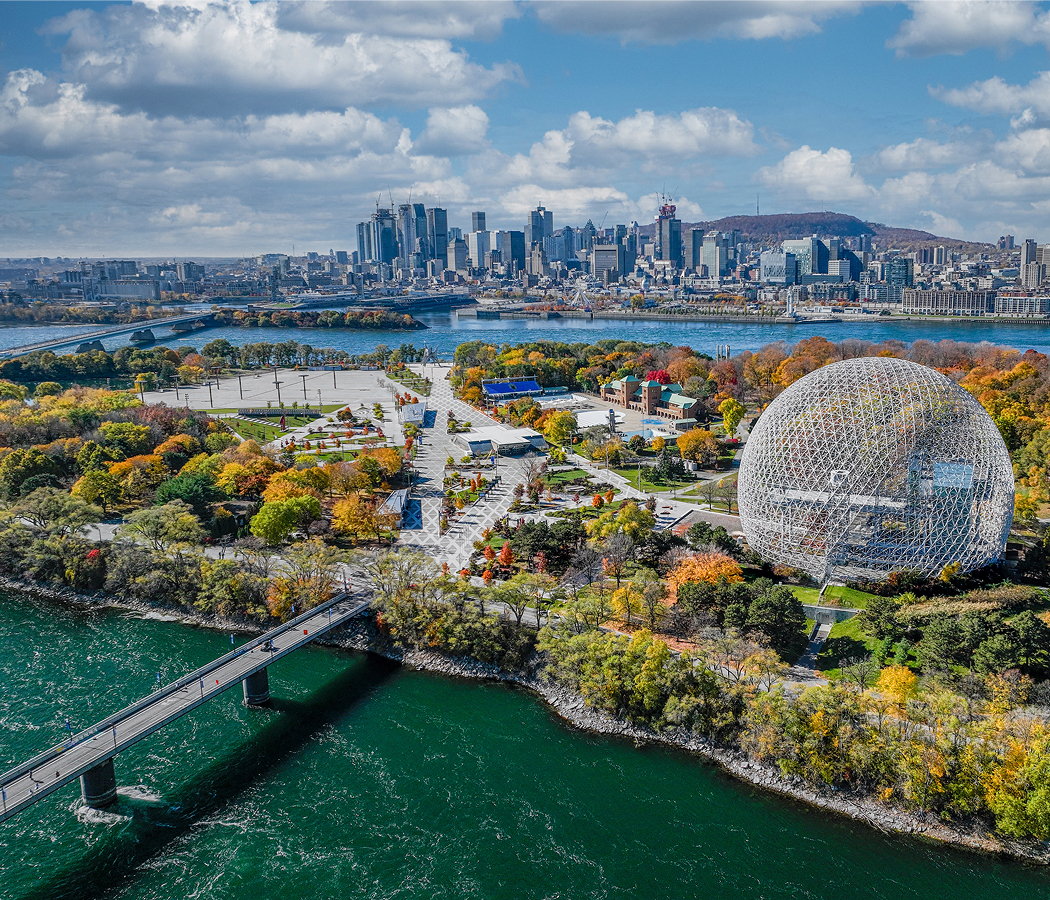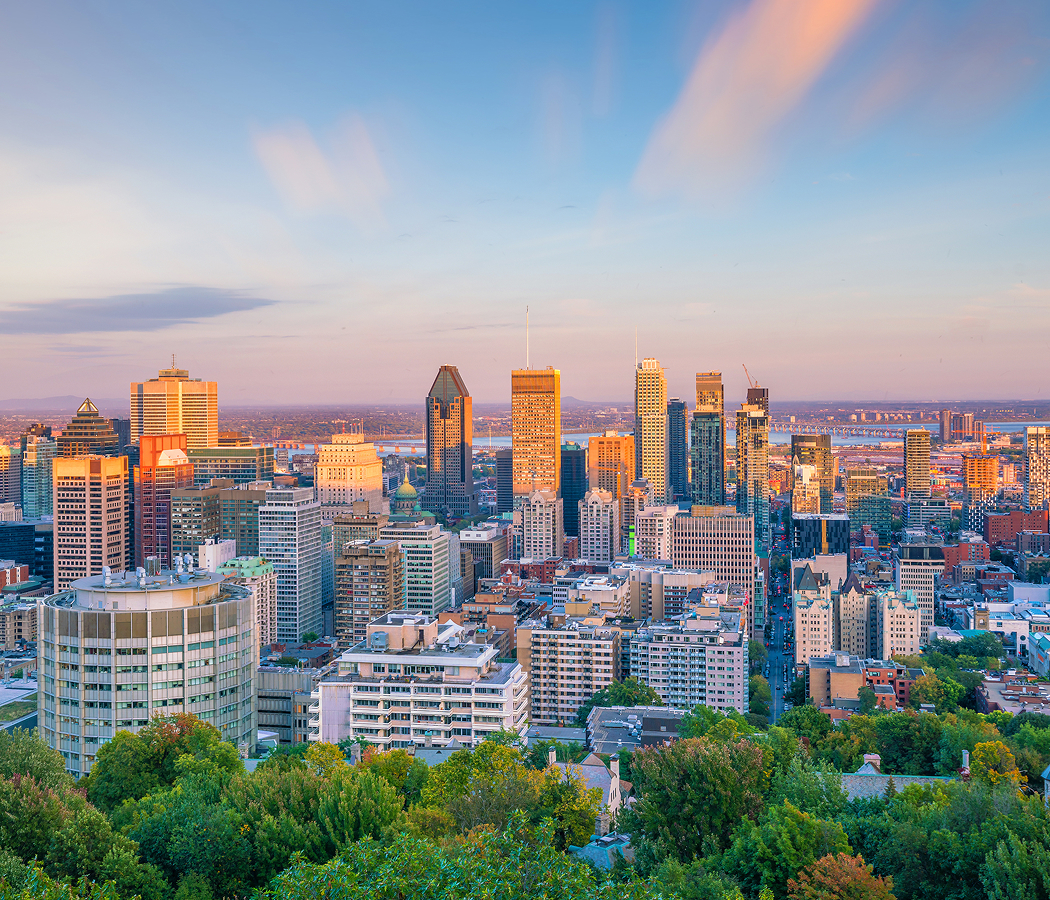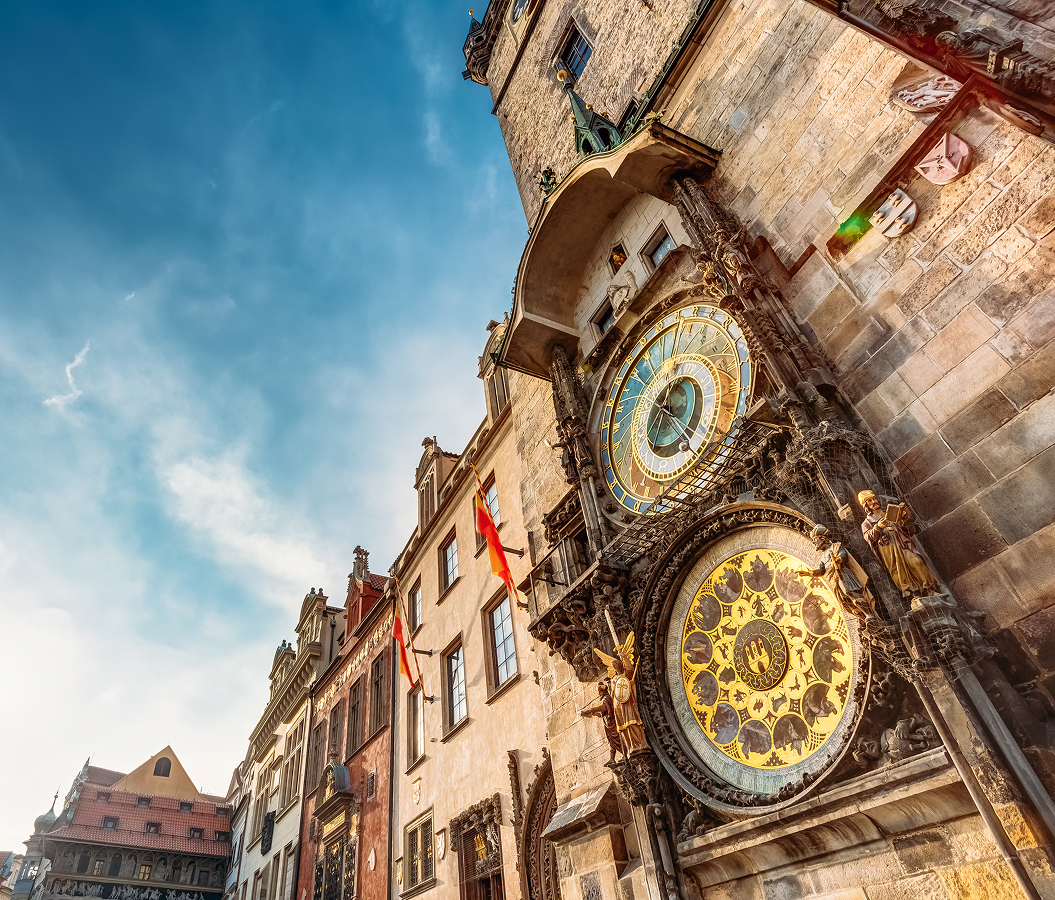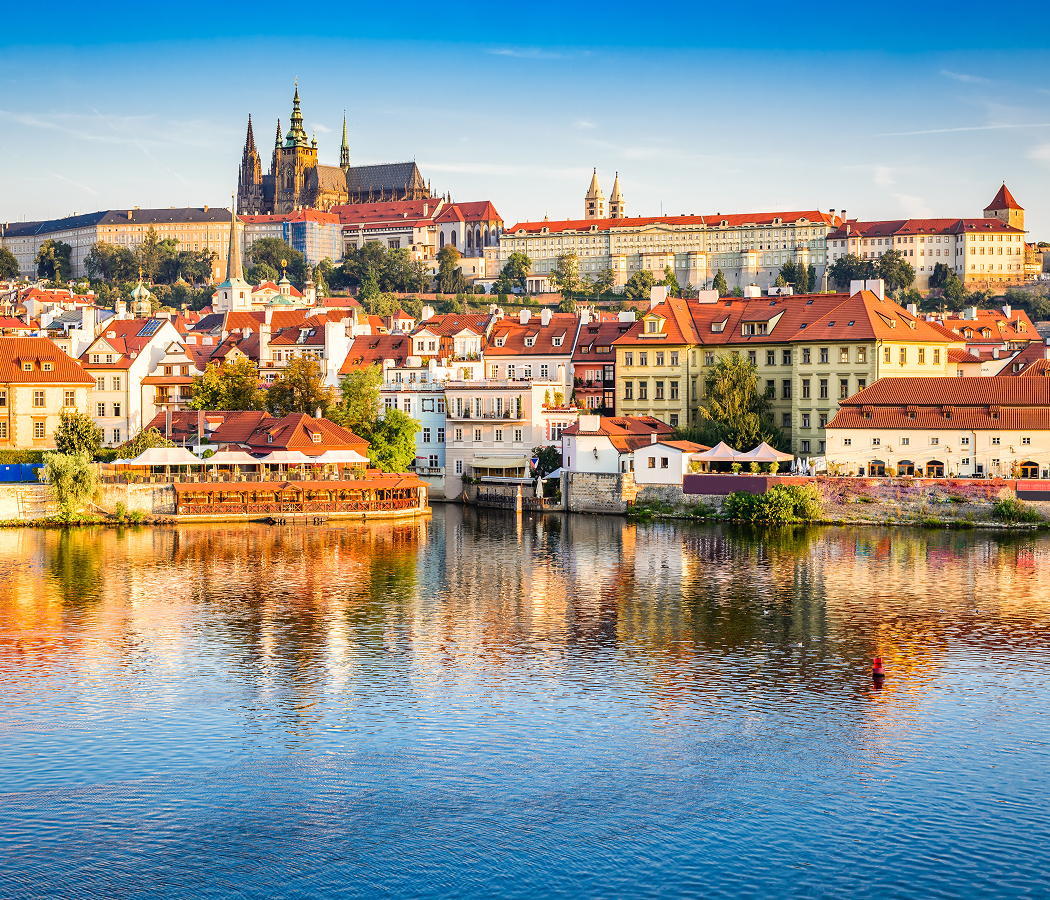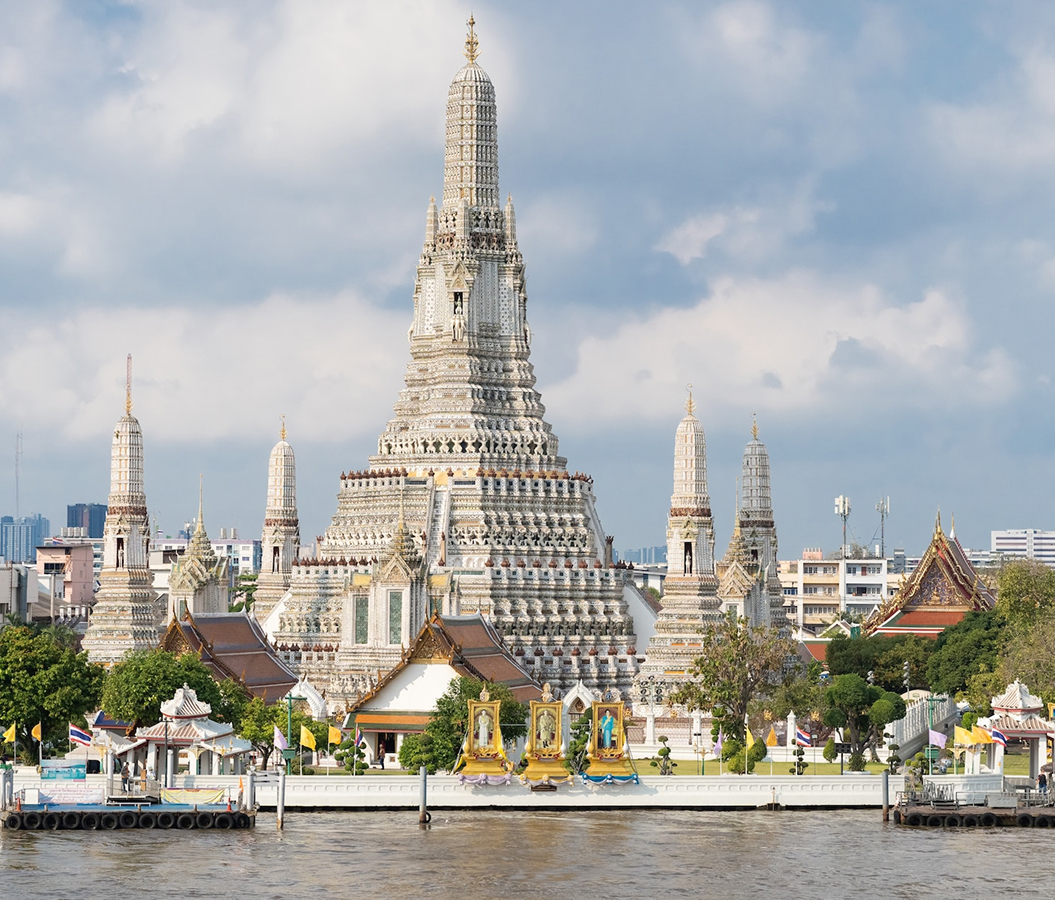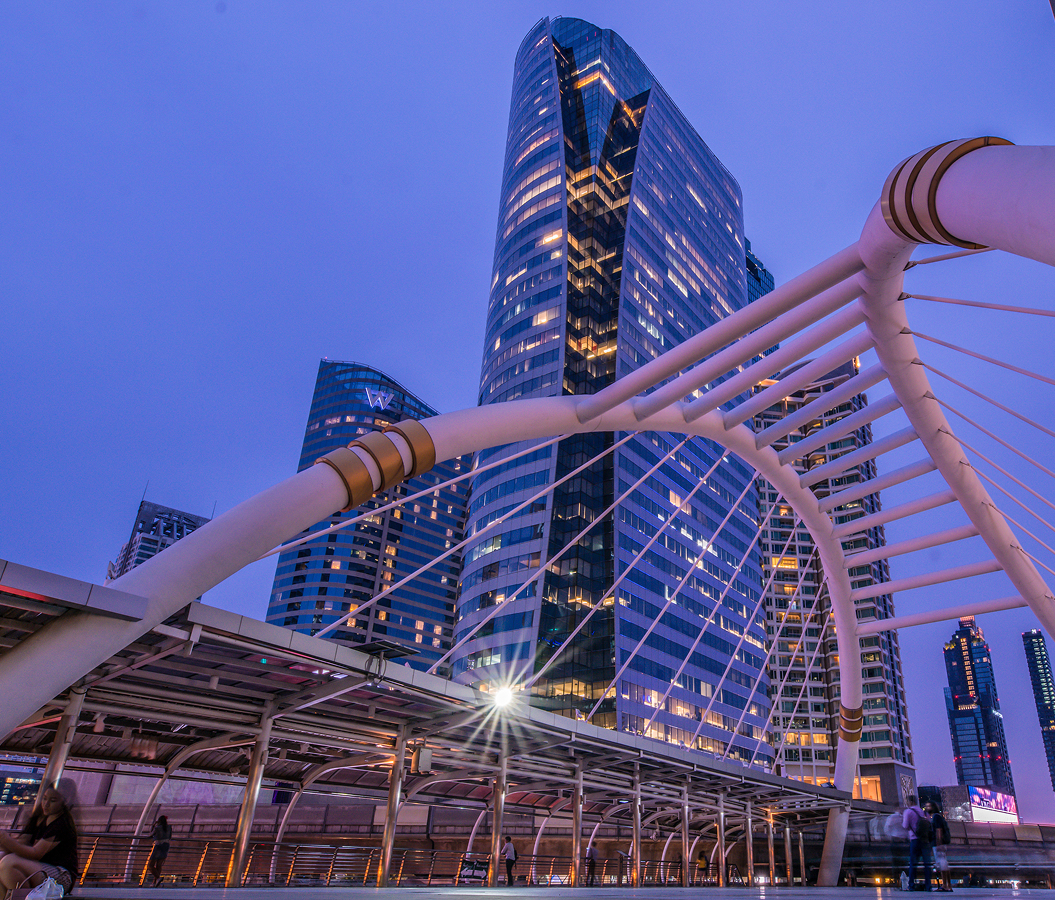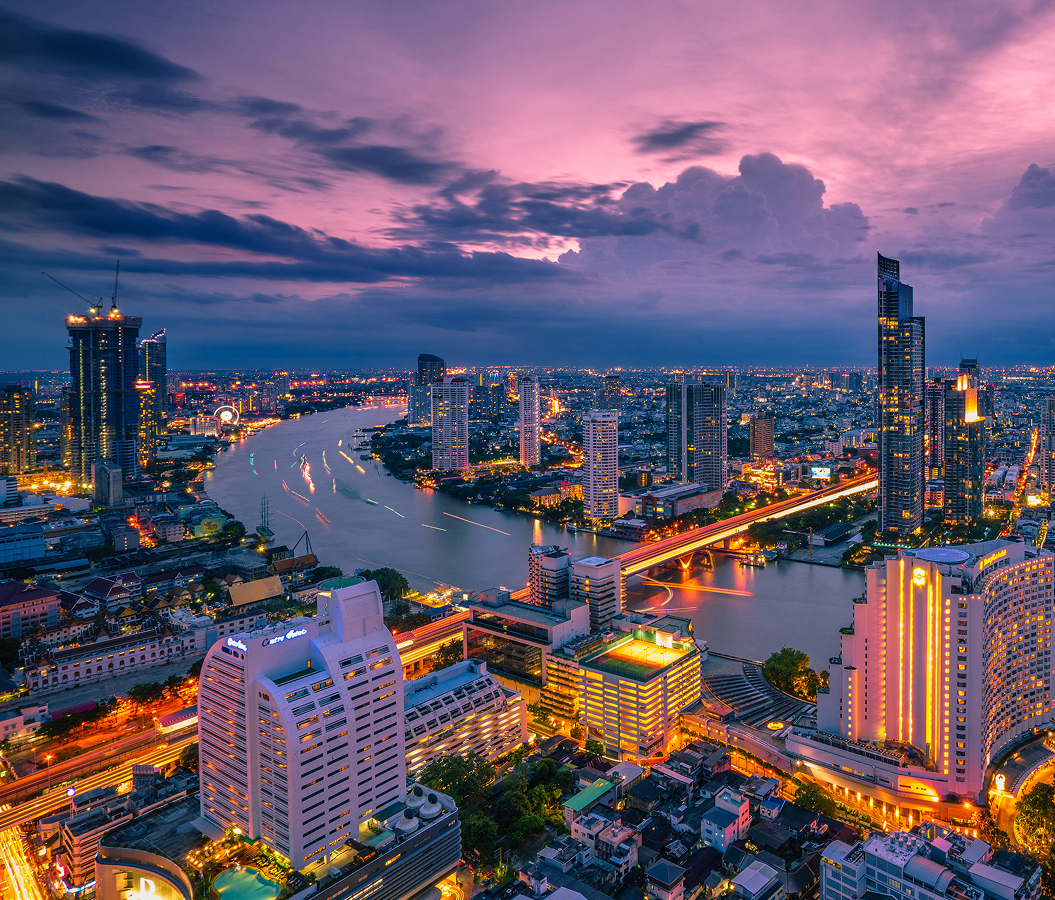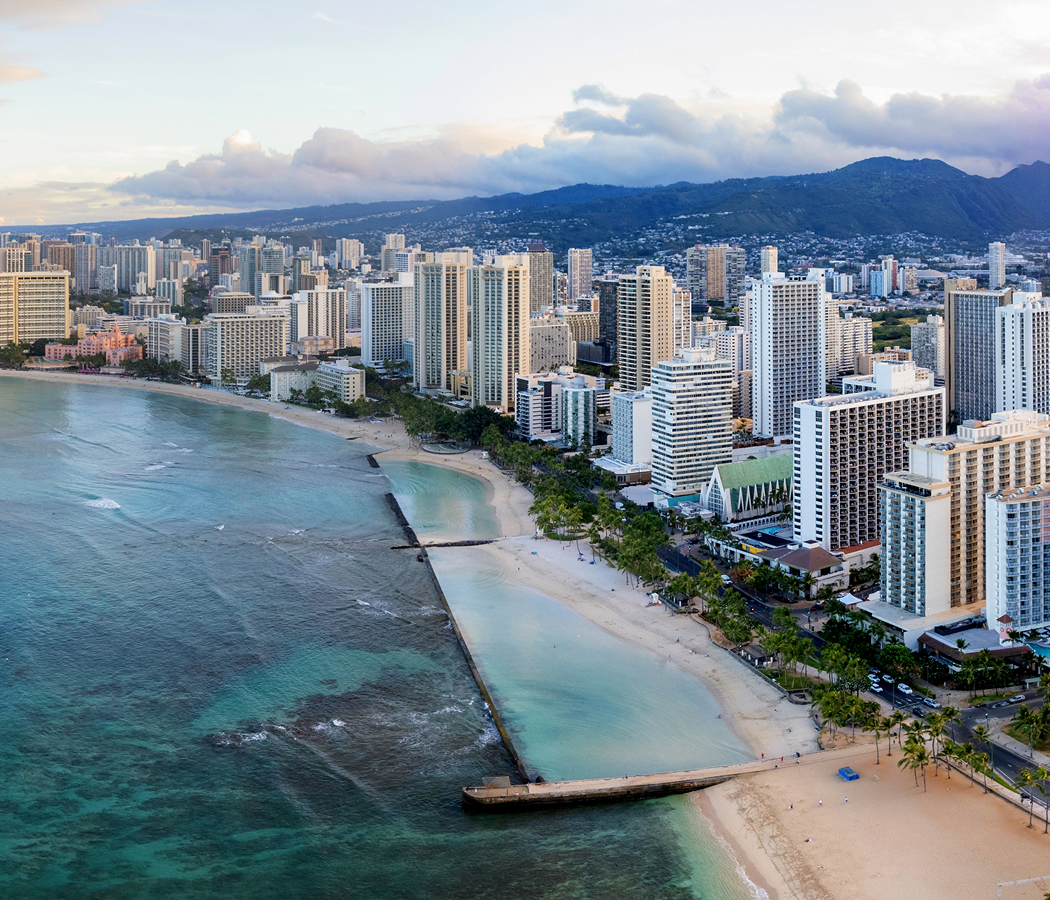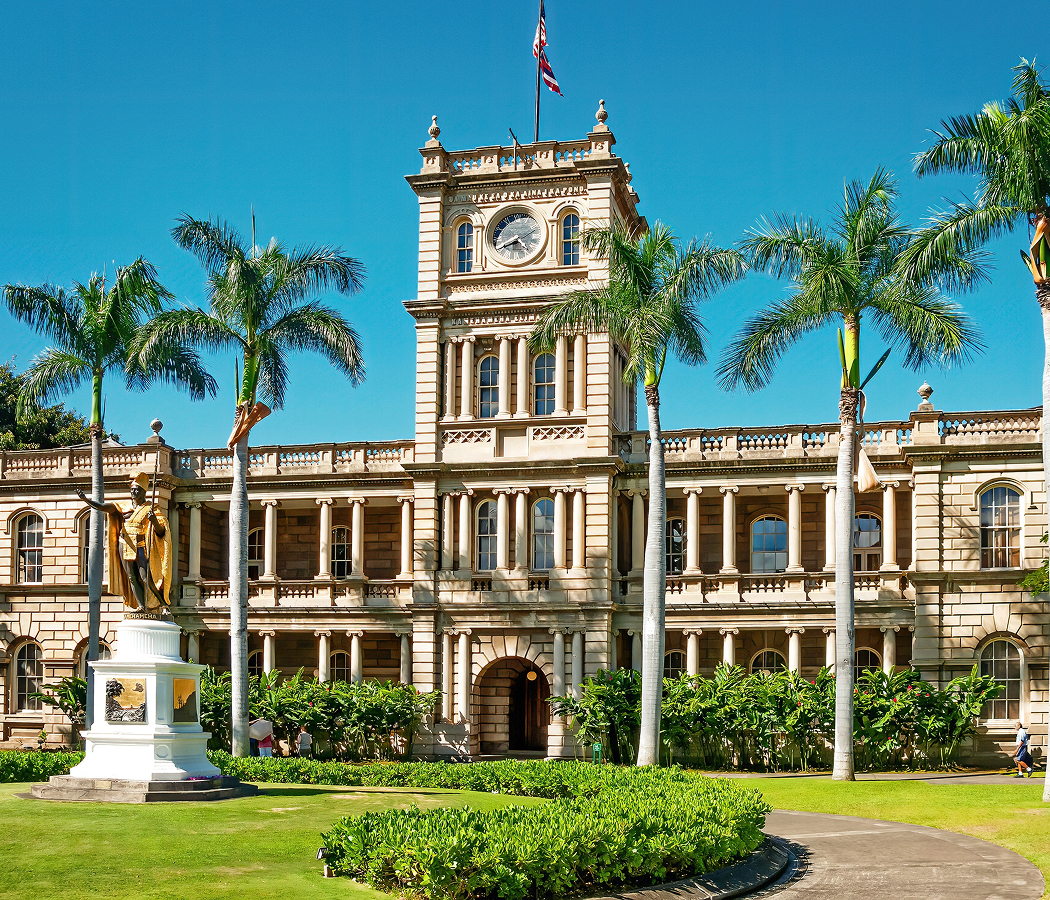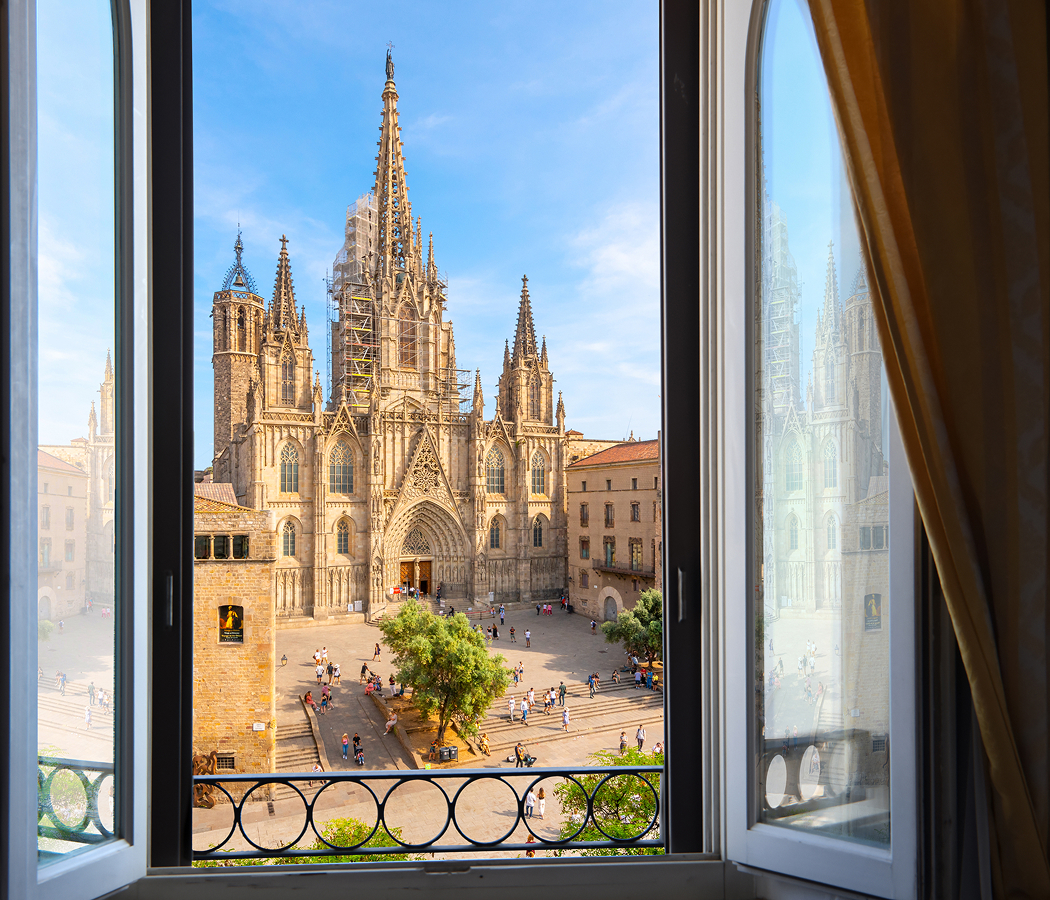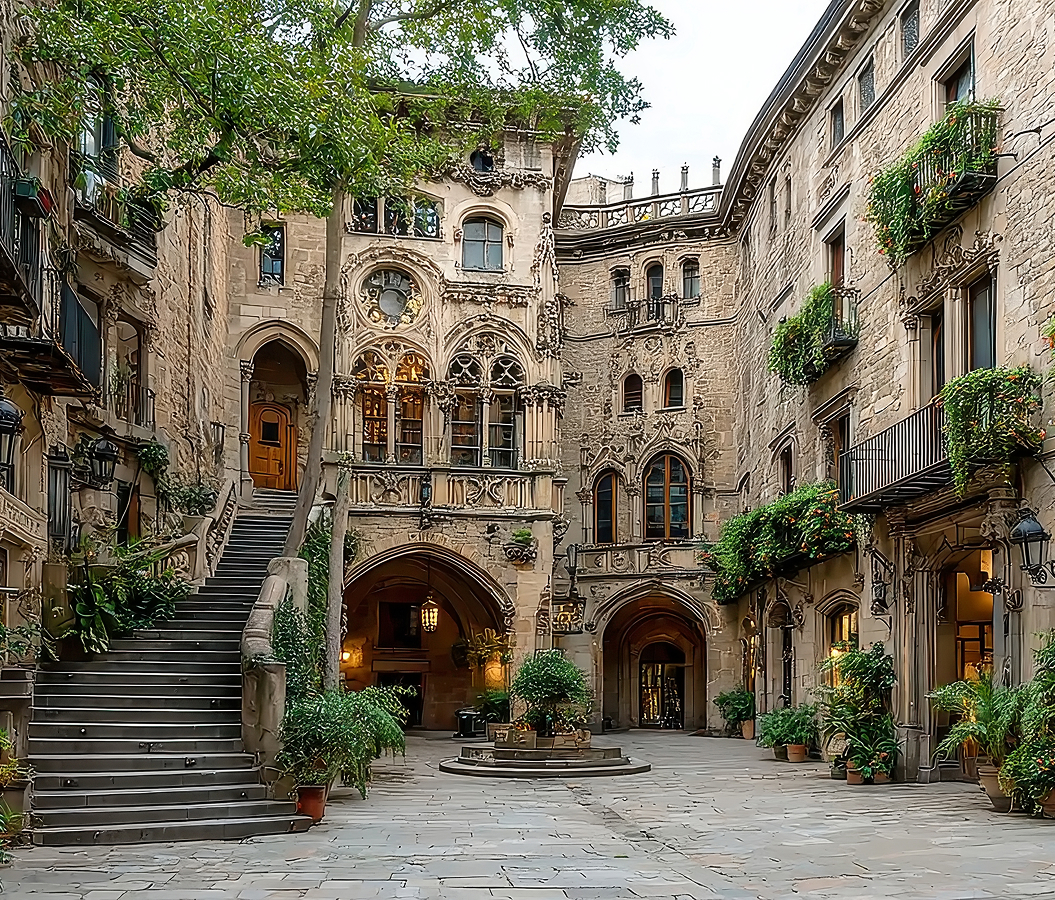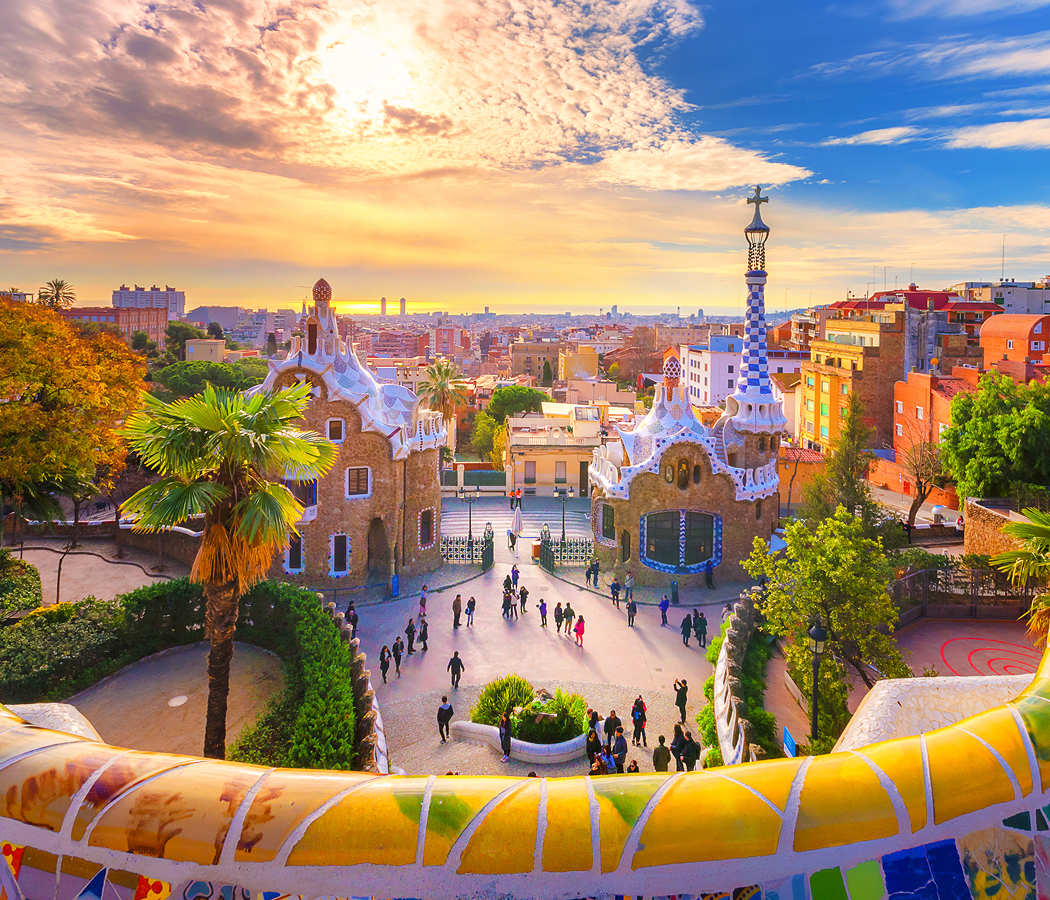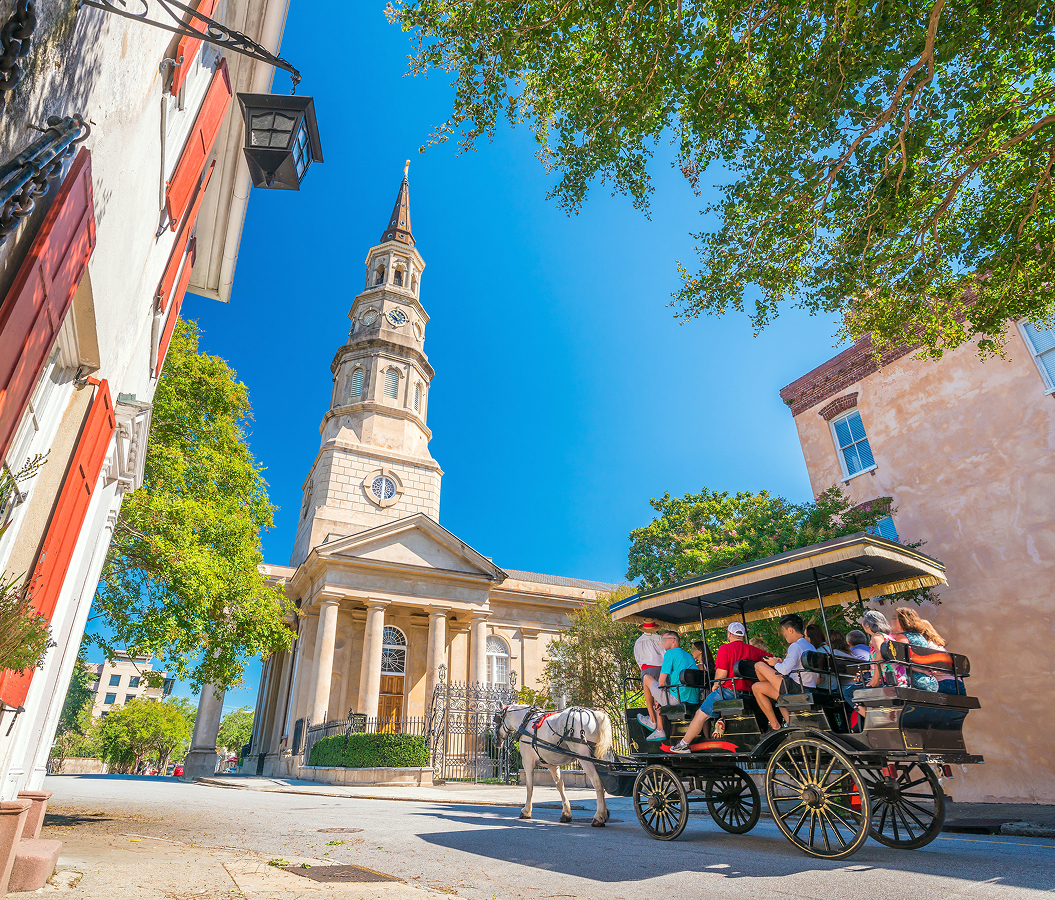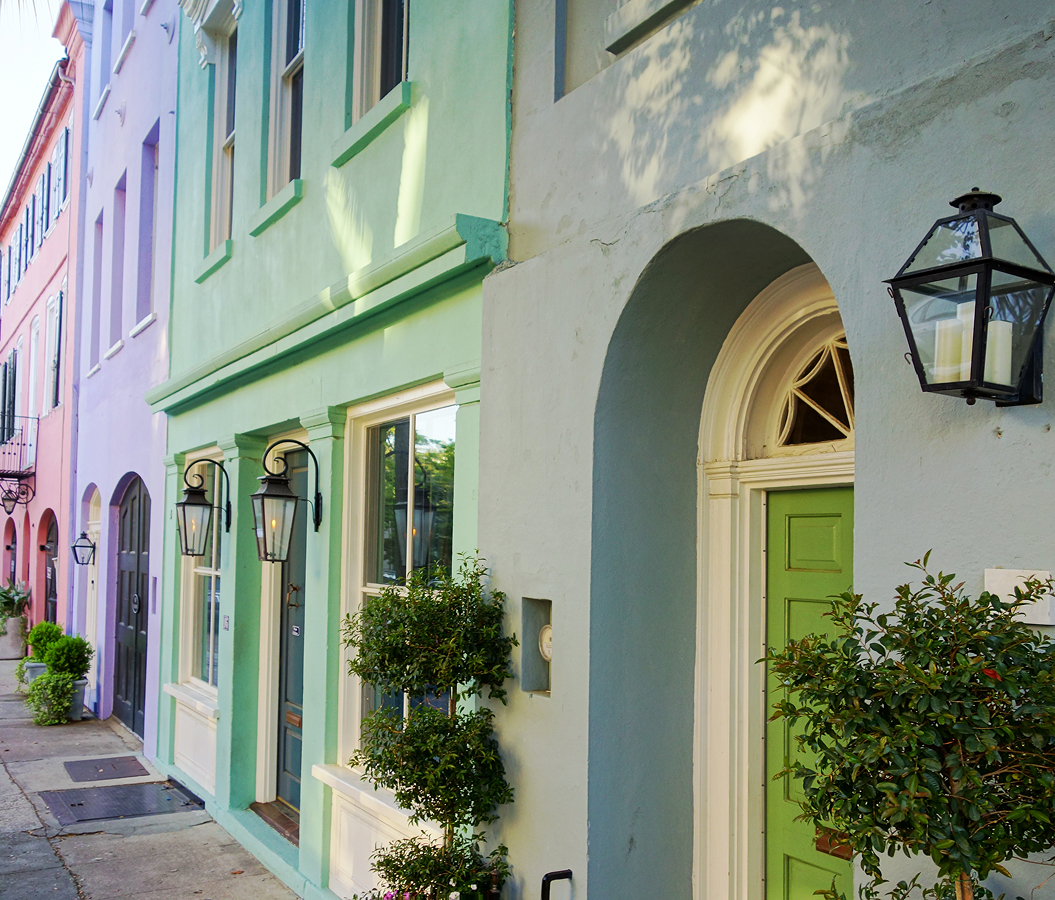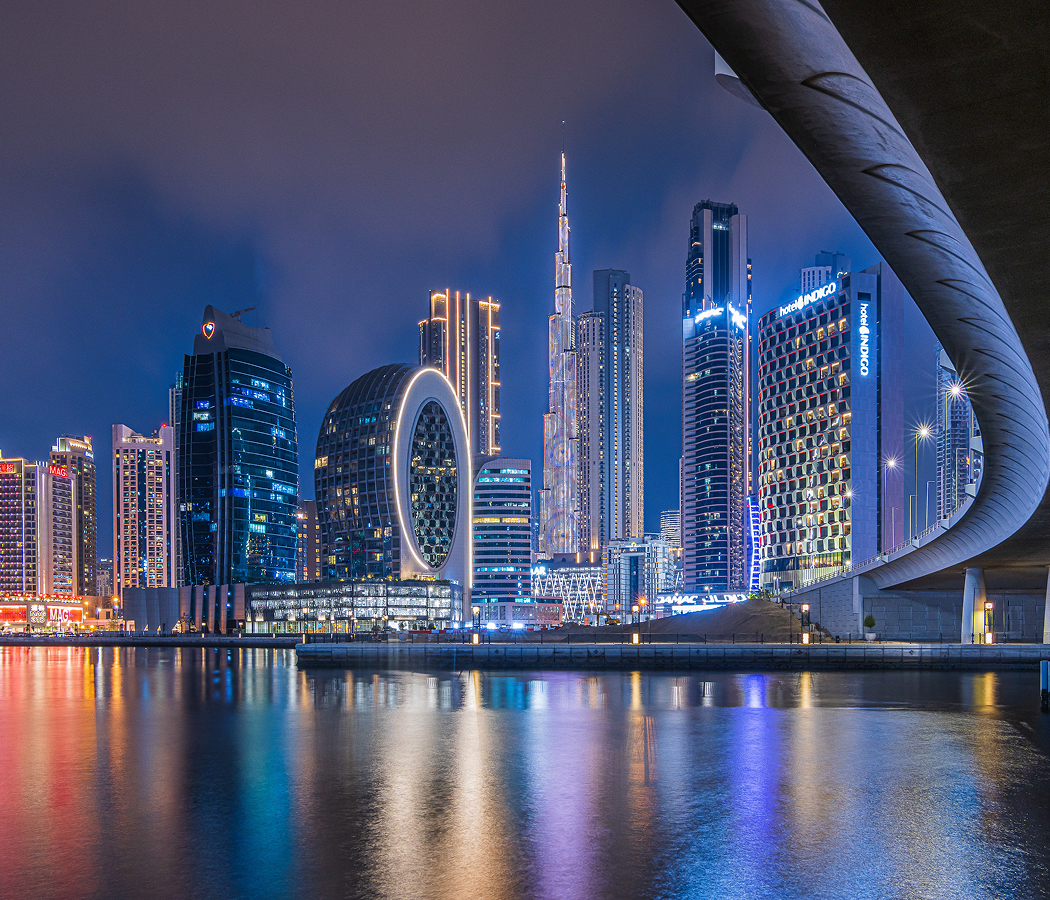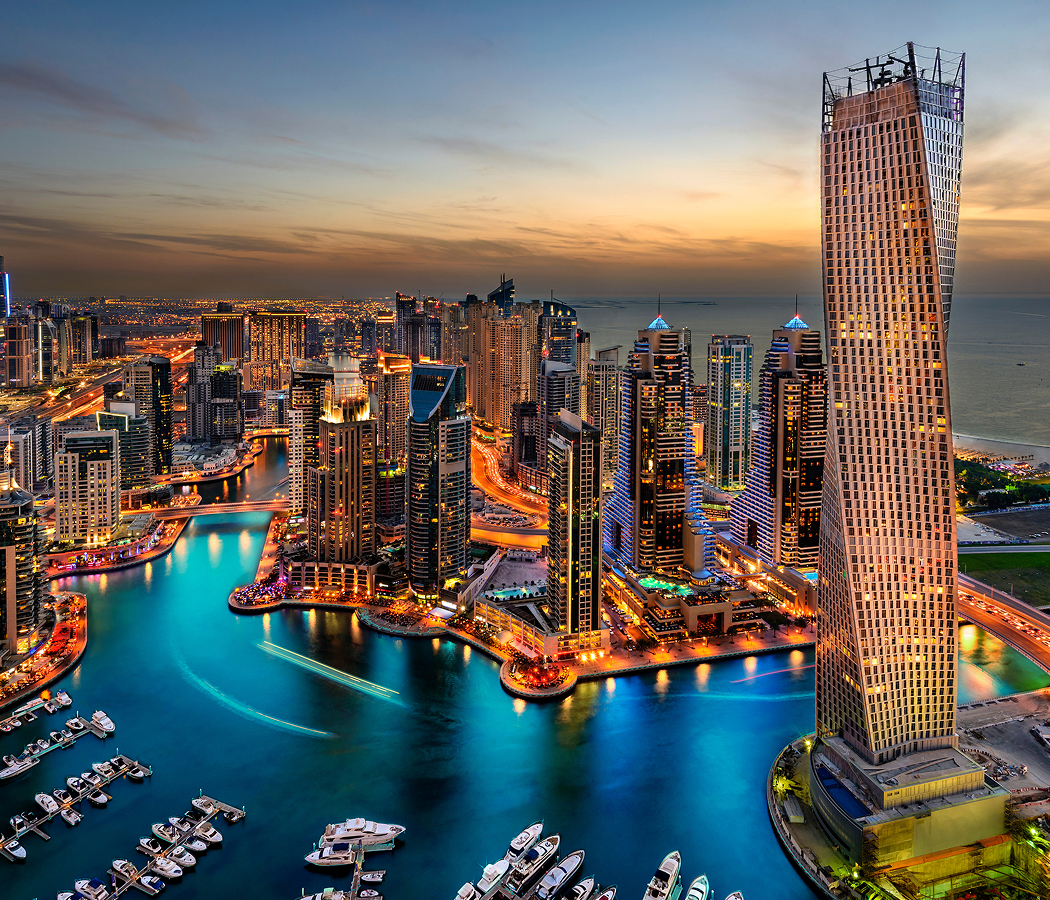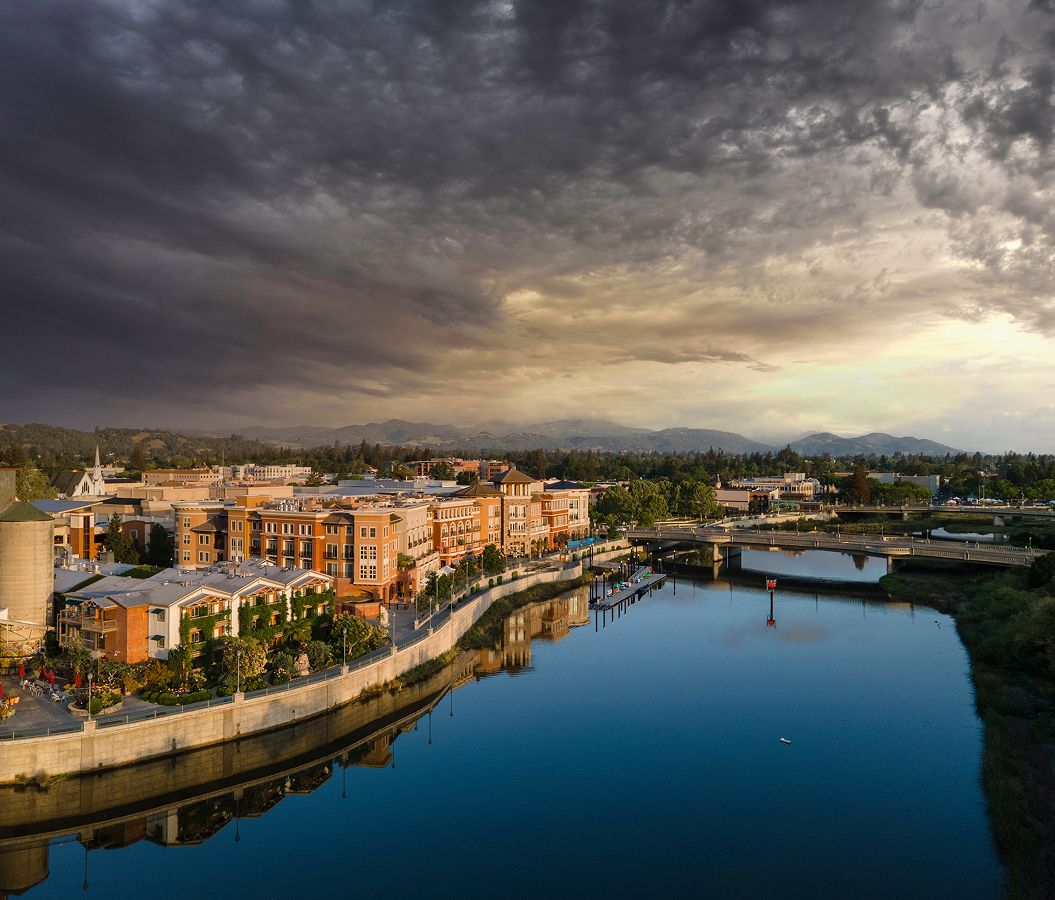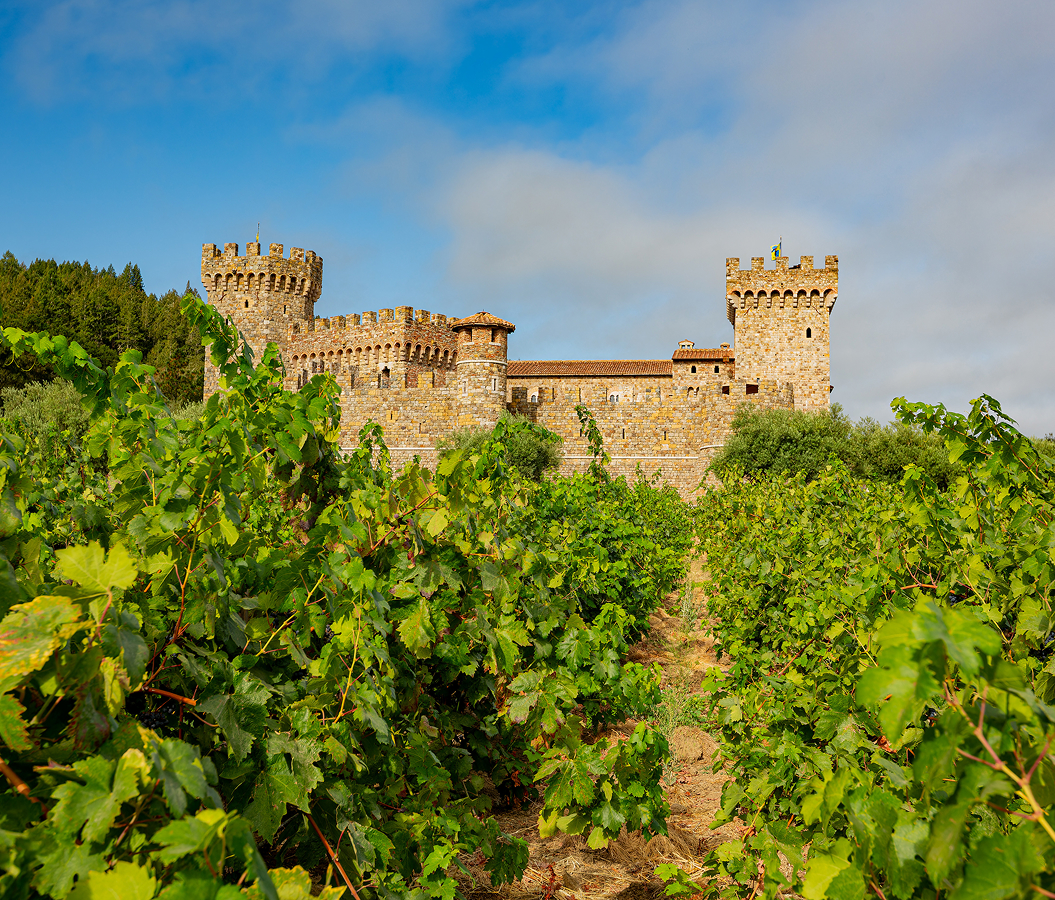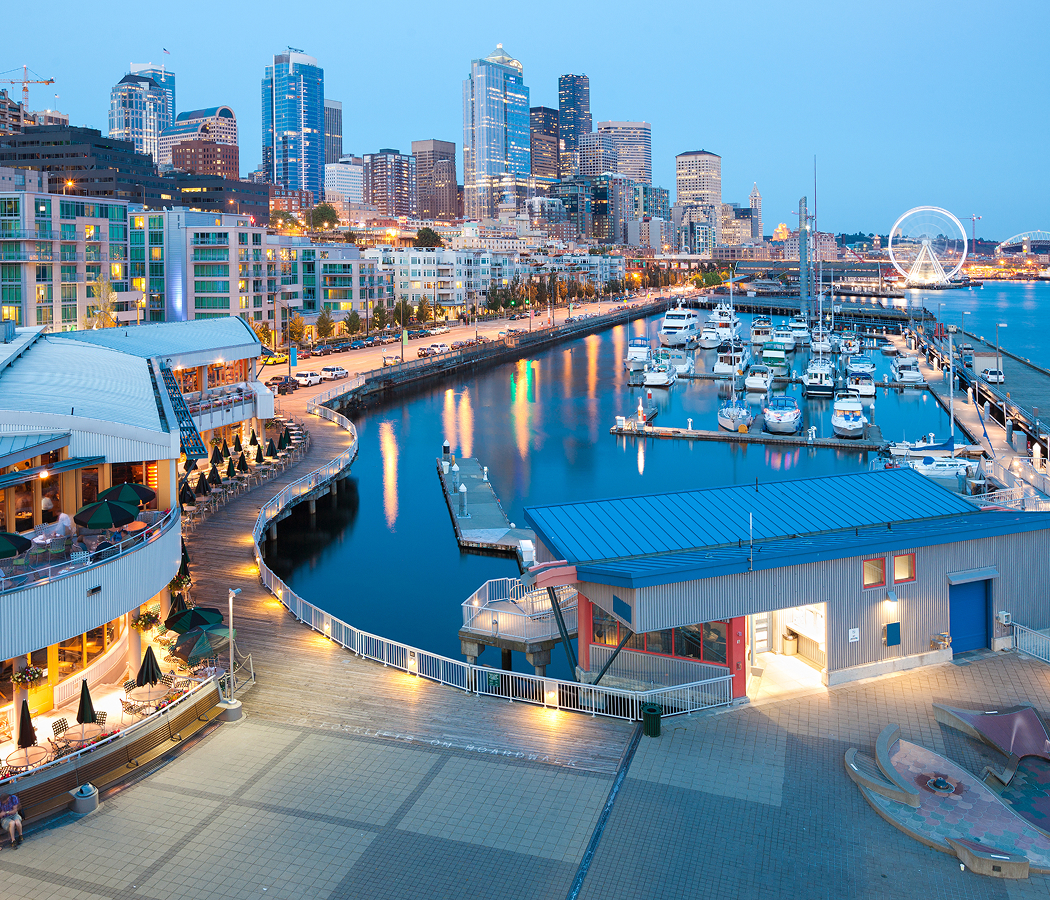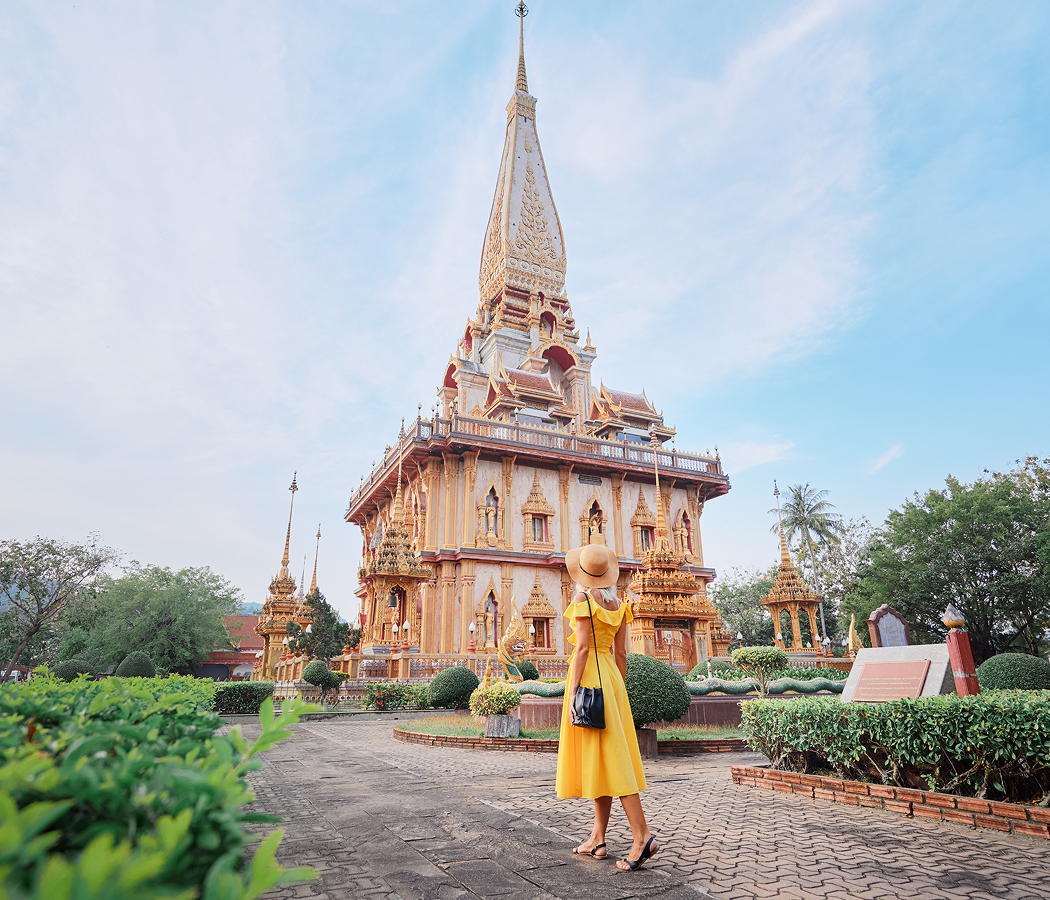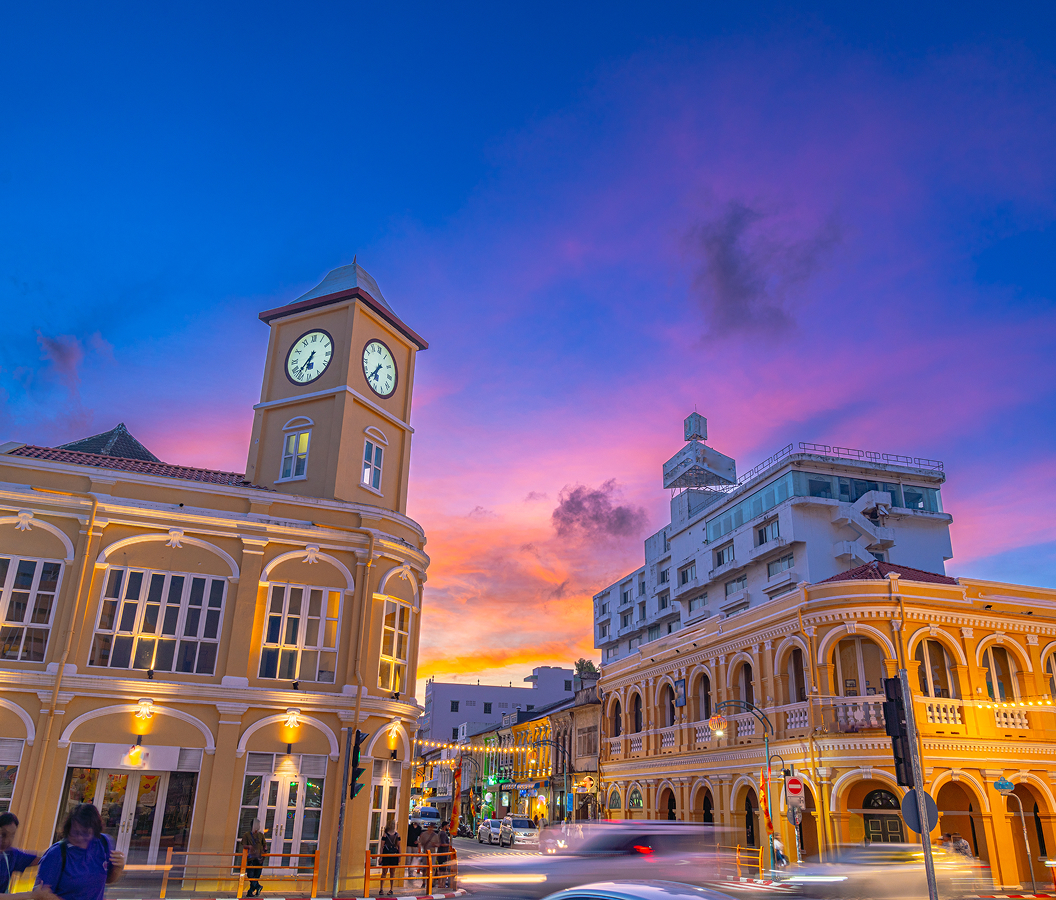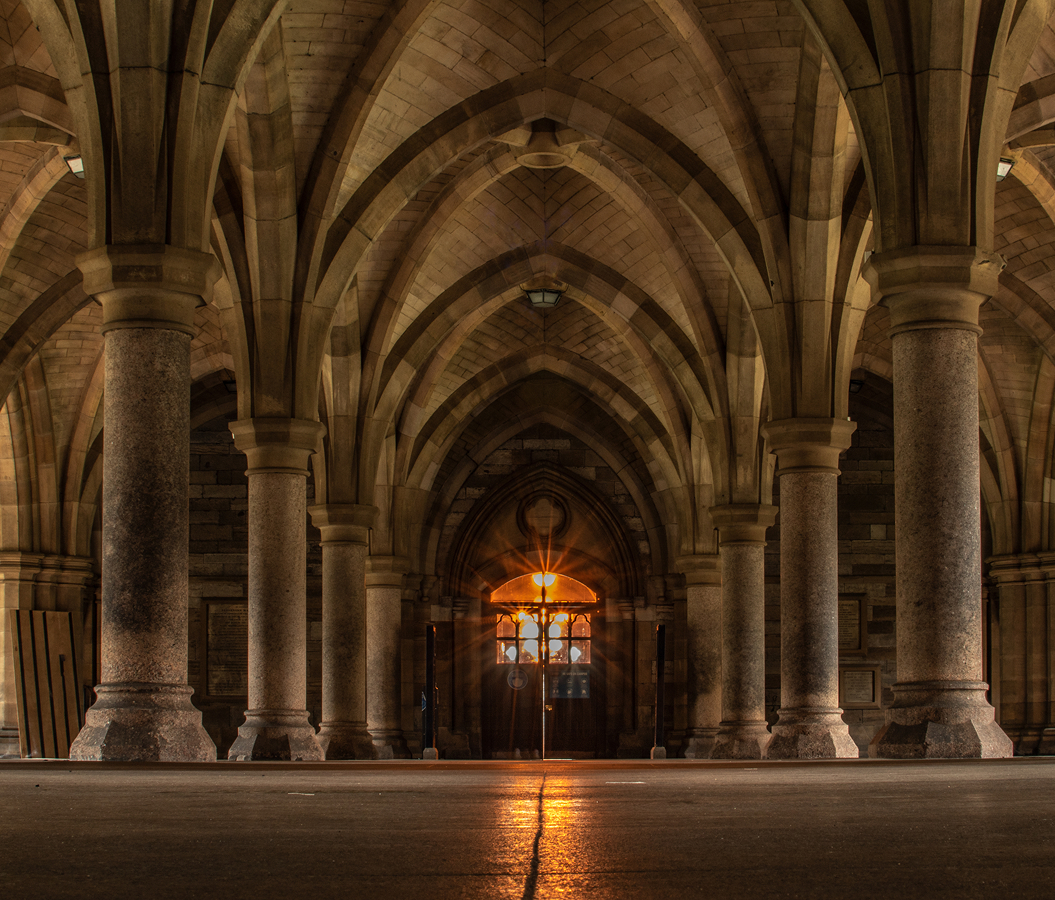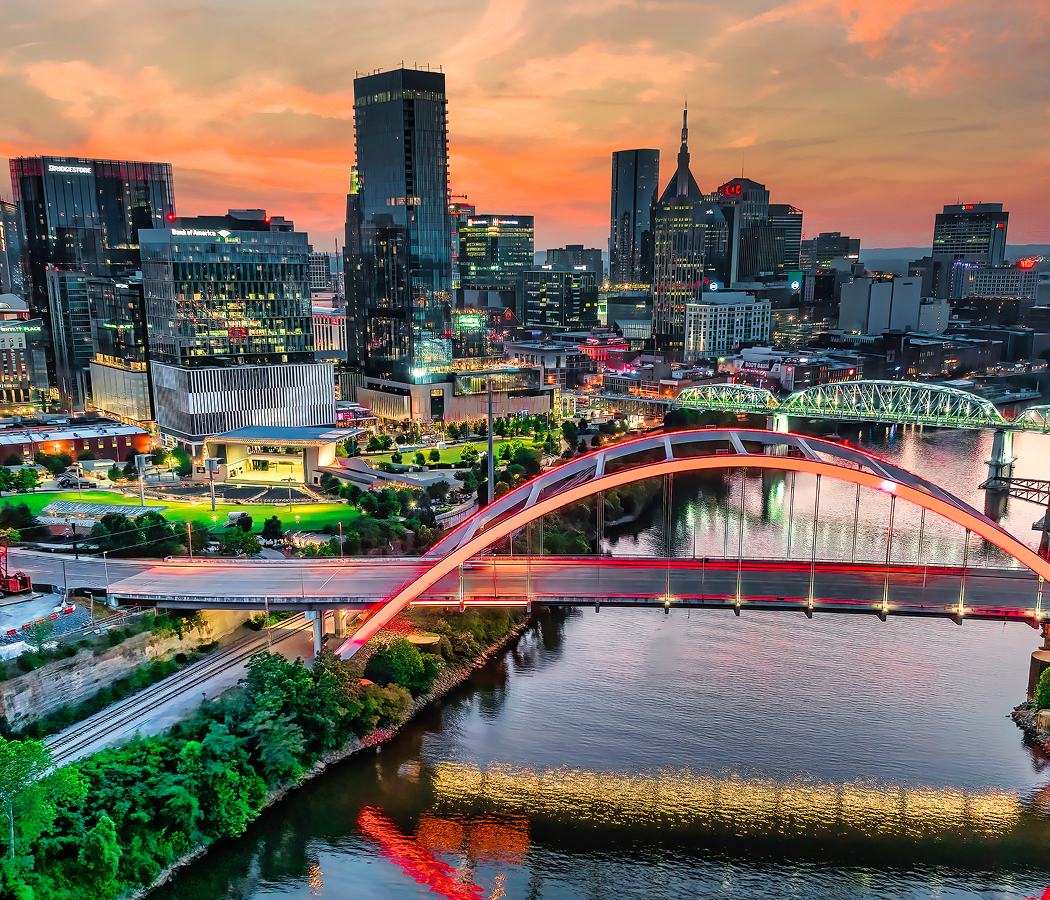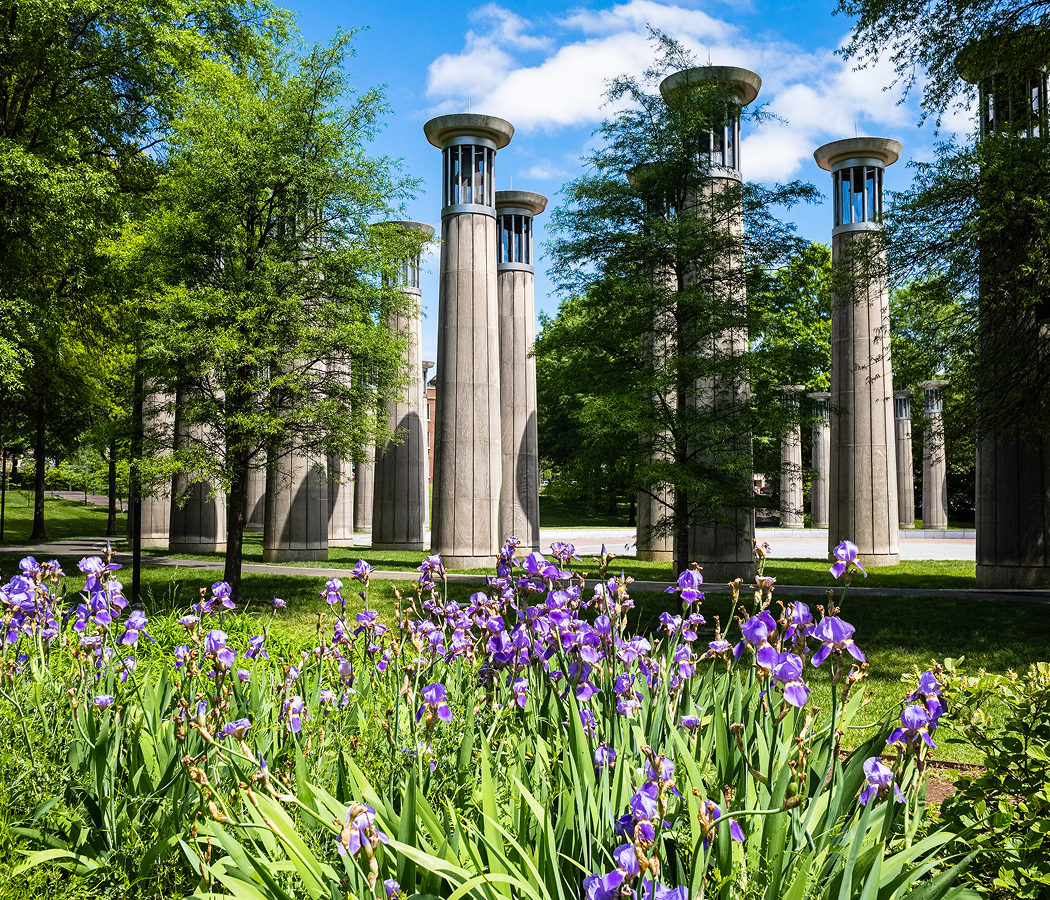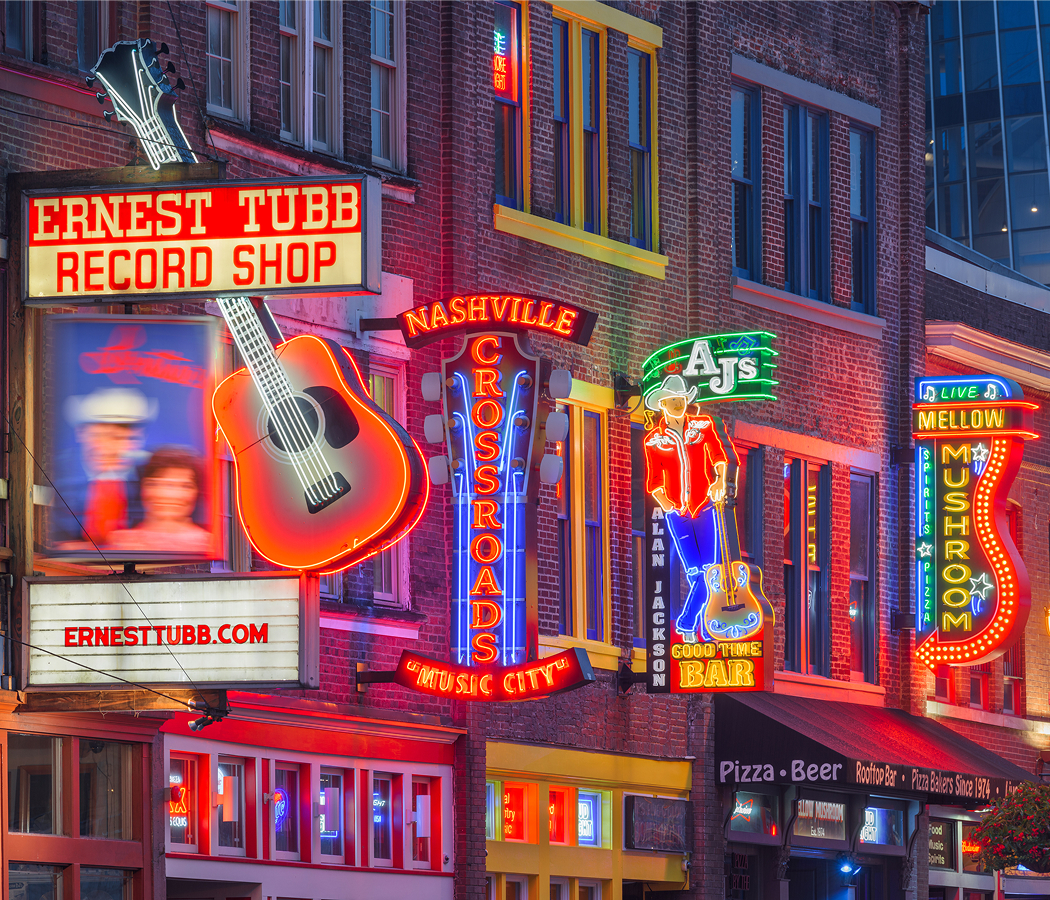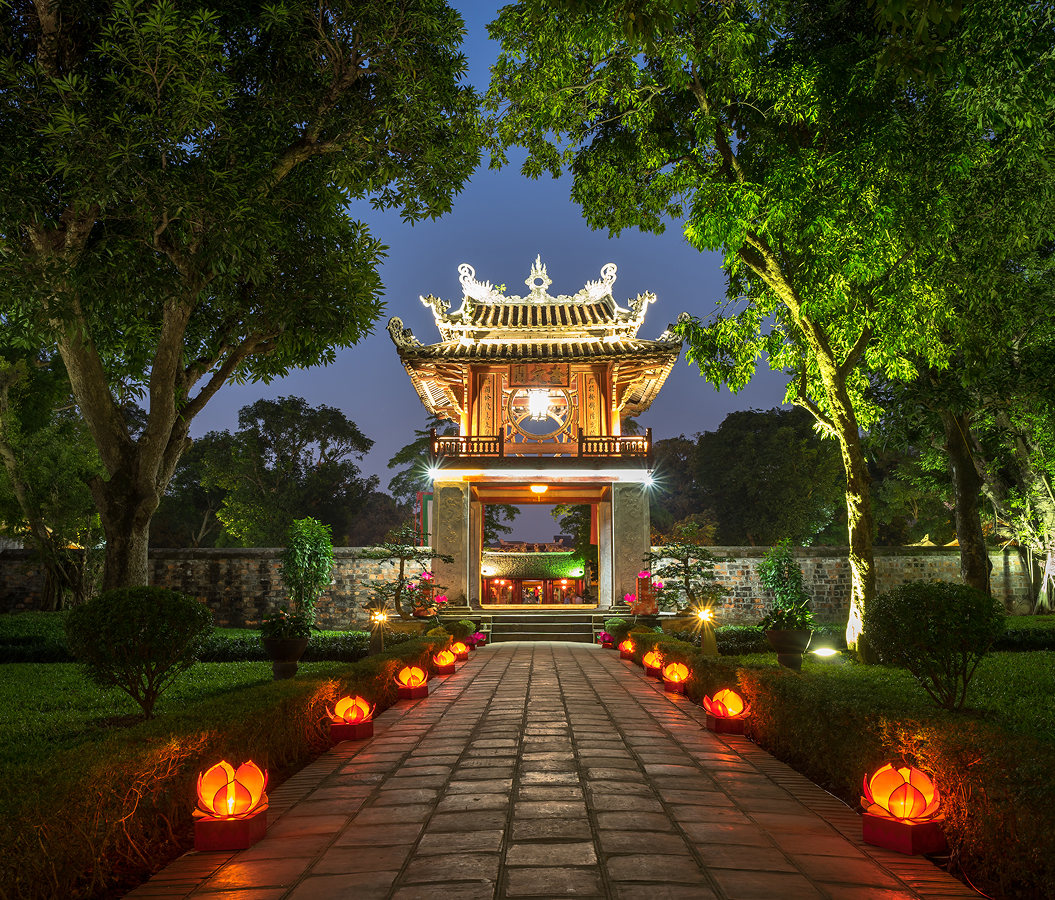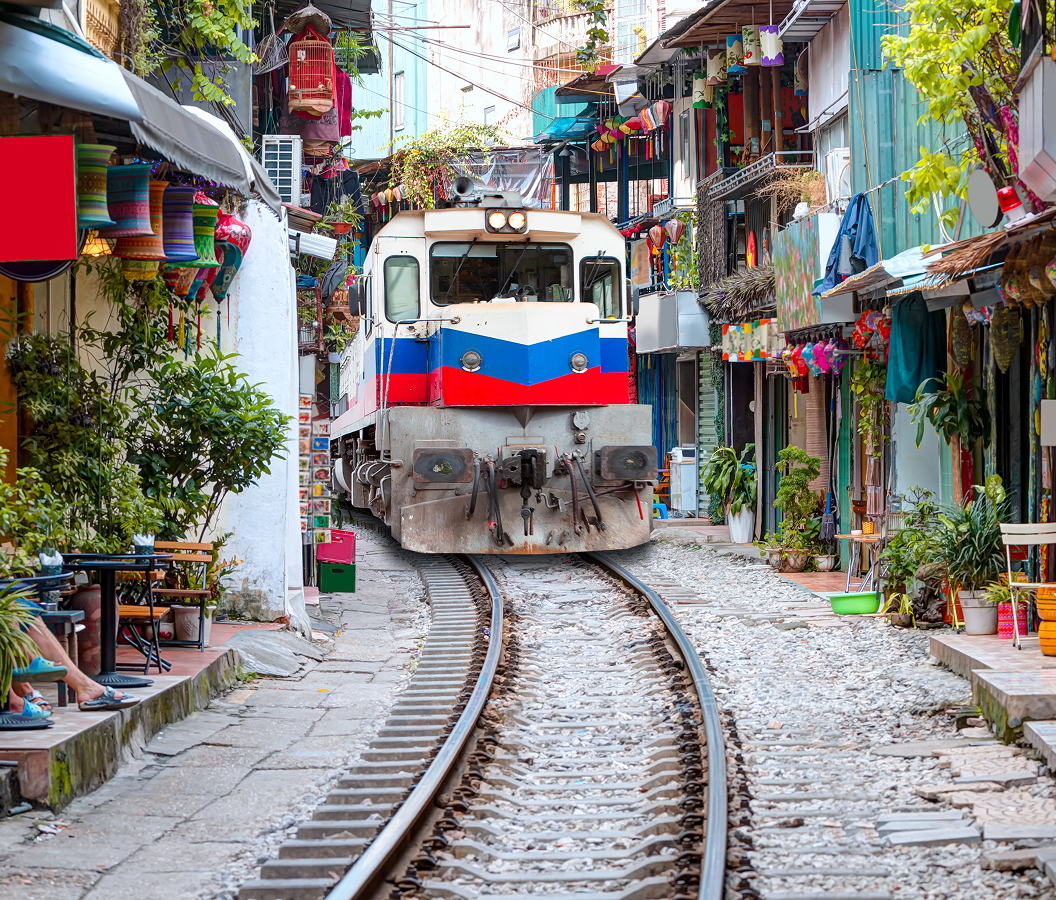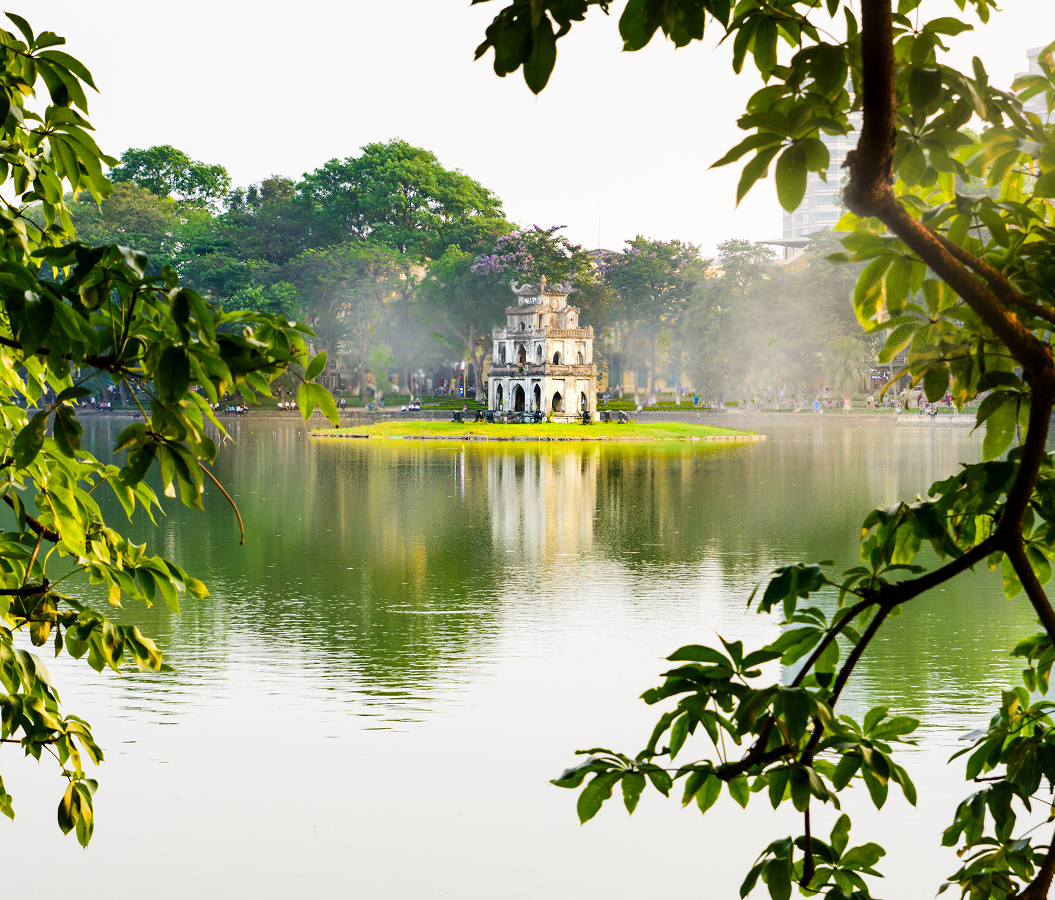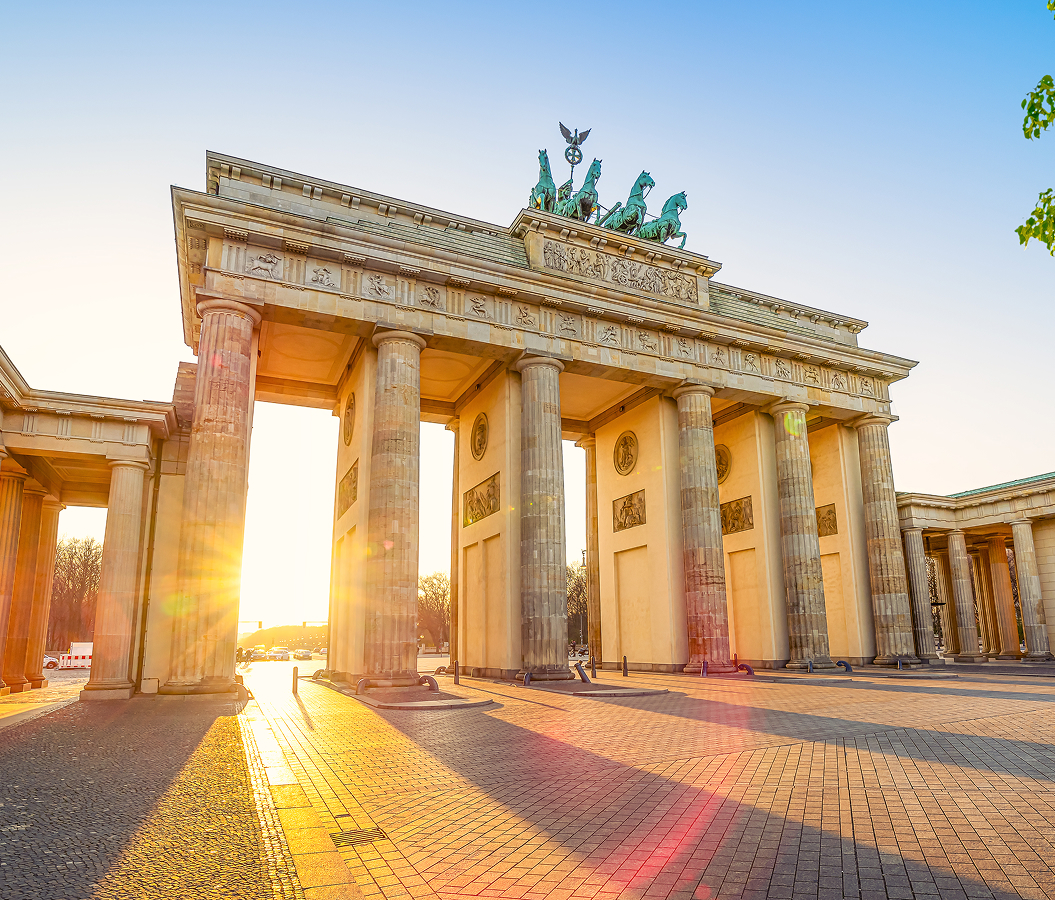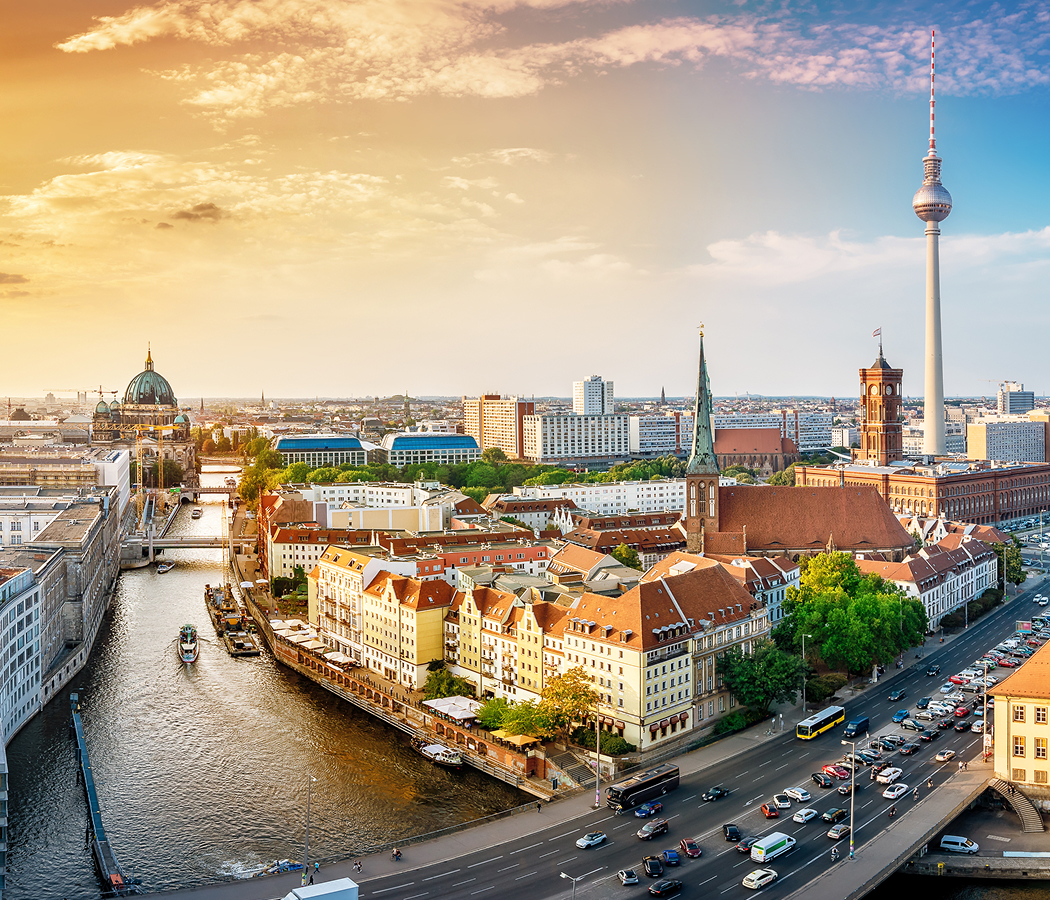
Why you should experience the Peak Tram Terminal in Hong Kong.
The Peak Tram Terminal isn’t just a transport hub — it’s the threshold between city and sky, where Hong Kong’s heartbeat slows before the climb.
Set at the base of Garden Road amid the urban rush of Central, this station hums with anticipation as passengers queue for one of the steepest and oldest funicular railways in the world. The air buzzes with the blend of chatter and mechanical rhythm, the faint scent of oil and metal mingling with the tropical air. When the tram finally glides in, painted in its iconic crimson sheen, a wave of nostalgia rolls through the crowd — a reminder that this same line has been carrying dreamers, dignitaries, and travelers to the heights of Victoria Peak since 1888. The journey that begins here is not merely vertical; it’s emotional — an ascent through layers of time, from colonial Hong Kong to the glittering skyline of today.
What you didn’t know about the Peak Tram Terminal.
The terminal marks the starting point of a 1.4-kilometer journey that defined modern Hong Kong before skyscrapers ever did.
Originally constructed for the exclusive residents of The Peak — mostly colonial officials and the elite — the tram was powered by coal-fired steam engines, later replaced by electric systems as technology evolved. The Garden Road terminal itself has undergone multiple transformations, its current glass-and-steel design harmonizing heritage with contemporary minimalism. Beneath its sleek façade lies the original machinery room, now preserved as part of the Peak Tram Historical Gallery — a small but powerful chronicle of the city’s industrial and social evolution. Every detail here carries symbolic weight: the alignment of the tracks, the mechanical hum of the cables, even the gradient that tips at 27 degrees — steep enough that passengers instinctively lean back as skyscrapers appear to tilt outside the windows. Most visitors don’t realize that the tramline’s design required immense engineering precision to overcome Hong Kong’s jagged terrain, a feat considered impossible in the 19th century. What began as a privilege became a public rite — a shared passage through history that still feels miraculous every time the tram begins its climb.
How to fold the Peak Tram Terminal into your trip.
Arrive early — the queue builds fast, especially at sunset, when the city begins to blush under golden light.
Buy tickets ahead online, then linger in the lower terminal to explore the historical exhibits that trace the tram’s evolution through archival photos and antique equipment. As the tram arrives, choose a seat on the right-hand side for the most dramatic views during ascent; the city will appear to fall away beneath you, its towers rising like glass cliffs. The climb to Victoria Peak takes only seven minutes, but the sensation lingers far longer — a seamless transition from frenetic streets to cloud-brushed calm. On your return, descend after dark to watch the skyline flicker past in reverse, the city lights drawing long ribbons of color through the tram’s windows. When you step off at Garden Road again, pause before leaving — look back at the tracks that vanish into the night. The Peak Tram Terminal isn’t just a point of departure; it’s Hong Kong’s living artery between earth and sky, where every ascent feels like a rediscovery of wonder.
Hear it from the Foresyte community.
“It’s the kind of place you think will be tourist trap central, and it is, but then the sun sets and hong kong lights up like blade runner. You forgive the crowds instantly. Whole thing feels cinematic.”
Where meaningful travel begins.
Start your journey with Foresyte, where the planning is part of the magic.
Discover the experiences that matter most.

